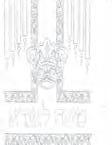







































































Real Klein’s. Real Ice Cream.


With the school year ending, most parents’ heads are in a thousand places: Day camps, overnight camps, bungalow colonies, summer clothing, craft supplies and entertainment, bikes and outdoor equipment, swimming pool apparatuses…
But before all of that, obviously, there’s still the school year to round up and in this week’s Vibes of Humor, Chashie Stern gives us a glimpse into the many things that go on in our children’s schools during the school year—which she suggests that we award, or rather thank, our children’s teachers for.
The article is tongue in cheek and cute, but humor aside, there’s no question that our children’s teachers deserve a boxful of accolades. Teachers are a crucial aspect of our children’s school year and their chinuch, and they deserve to be acknowledged and lauded for their special, holy work.
Which means that before diving into the summer gear, thanks—in the form of a note (greenback or otherwise)—to our dedicated teachers is definitely in order.
And after that, it’s full-on summer for all.
To all those parents wondering (or, is it panicking?) about how they’re going to get through the next two and a half months without said teachers, I’d like to propose diving into the aforementioned tool of thanks and appreciation, for it is a powerful one.
In Hebrew, the word for thank you and the word for acknowledgement share the same root: hodaah or hodaya. Thankfulness is also acknowledgement, of the highest caliber.
When we acknowledge the goodness in our lives, we become grateful for it, and we even start to anticipate and grow excited about it.
Acknowledgement is an important part of our day. So important, in fact, that our first words in the morning are “Modeh Ani—I give thanks to Hashem”. That thankfulness and acknowledgement then becomes the basis of our day as Jew.
Thanking Hashem for the gift of summer, which comes along with sunshine, more freedom, and blossoming bounty, can go a long way in causing a mind frame shift.
But beyond that, acknowledging and appreciating the people in our lives — those whom we might feel hard-pressed to entertain, and are racking our brains about just how to keep them busy enough — can go a long way toward creating a mindset shift f mindset.
Our children are now standing at the end of a very long school year. Nine and a half months behind desks, lugging heavy schoolbags, and pouring over school assignments is a long time.
Diving into the tool of thankfulness and appreciation means acknowledging our children’s concerted efforts during the school year.
Teens helped out with younger kids despite hectic study schedules, ten-year-olds ran out on errands despite numerous school projects, and even six-year-olds pulled their weight (most of the time) by putting away the toys and art projects that they pulled out.
Acknowledging our children’s efforts—and being grateful to Hashem for them (as well as thanking Him for our children’s very existence which is never a given) is an important tool.
By adapting the appreciation mindset— and finding the goodness in that which our children do, and did, the summer months become a time not only to fret about, but also a time to cherish. This time is a time for children to draw reserves of strength for the school year up ahead, and challenging as it may be at times in the role of entertainer (or payer), there’s also plenty of joy and cheer up ahead.
May you have a wonderful, and satisfying, summer up ahead!
With specialty High end tasting of Right Bank Bordeaux Wines and the Best of Burgundy
Hosted by M &M Importers Fine Wines and Camille Suspence of Chateau Valandraud
TUESDAY,JUNE 25TH • 7:30 PM



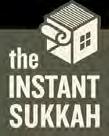




Disclaimer:
























































































































































Get ready for summer and camp with all the essentials for your entire family






HOURS
SUN 11AM - 7PM
MON - THUR 10AM - 7PM
FRI 10AM - 2:30PM
1201 RIVER AVE #9 LAKEWOOD, NJ

Reb Chaim Volozhiner was born in Volozhin (modern day Valozhyn, Belarus). At age twenty-five he became a student of the Vilna Gaon. In 1795, when he was forty-six, Reb Chaim founded a yeshivah, which was officially called Yeshivas Etz Chaim, but was known colloquially as the Volozhin yeshivah. It was called “em hayeshivos — the mother of the yeshivos,” because it was the first Lithuanian yeshivah. All other famous Litvish yeshivos — such as Slobodka, Mir, Ponevezh, Telz, and Kletsk (the original incarnation of BMG) — were inspired by Volozhin and followed its approach. Reb Chaim Volozhiner also authored the sefer, Nefesh Hachaim.
Reb Eliyahu Lopian recounted the following incident, which he heard from Reb Hirsh, who heard it from Reb Simchah Zissel Ziv (the Alter of Kelm), who heard it from Reb Yisrael Salanter (the Alter of Slobodka), who heard if from his teacher Reb Zundel of Salant, who heard it from Reb Chaim Volozhiner himself.
It was known that in the Volozhin Yeshivah, the sounds of Torah learning could be heard 24-7. Reb Chaim would often pop into the yeshivah at night to see what was going on and how the bachurim were learning.
At one point, one of the bachurim who learned in Volozhin became sick and died.
Shortly thereafter, during the shivah for the bachur, Reb Chaim went into the yeshivah in middle of the night.
Suddenly, he saw that bachur standing in the hallway of the yeshivah!
Reb Chaim went over to him and asked, “What are you doing here?”
The bachur answered, “I came down from Shamayim to ask the rosh yeshivah for help.”
“What do you need?” asked Reb Chaim.
“When I arrived in Shamayim all gates were opened for me,” the bachur
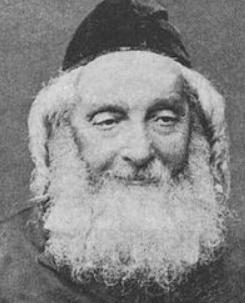
said. “Malachim came out to greet me, declaring, ‘let the tzaddik come and rest in peace!’ I was warmly received everywhere — except at the gates of Gan Eden. There, a malach stood and blocked my way in.
“‘Why won’t you let me enter Gan Eden?’ I asked the malach, and the malach replied: ‘Because you are guilty of stealing!’
“What happened was,” the bachur now told Reb Chaim. “That once, as I prepared to travel home from yeshivah, I suddenly remembered that I owed my

landlady seven groschen, a tiny sum of money. A friend had accompanied me to the train station, and so I stuck my hand into my pocket and pulled out a few coins, asking him to use the coins to pay my landlady.
“My friend agreed and took the money. But it was just a bit of change — an insignificant amount, really — and my friend ended up forgetting to pay the landlady.
“Because of that, the malach said that I’m guilty of stealing, and he wouldn’t let me into Gan Eden. I insisted that I sent my friend to pay the landlady, and that it’s not my fault that she didn’t get the money, but it didn’t help. The beis din shel malah decided that I can’t enter Gan Eden. Still, because it’s really not my fault, I was given a chance to come back to take care of the issue. Please, rosh yeshivah, do me a favor and pay the landlady. Then I will go to my rightful place in Gan Eden.”
“Don’t worry, I’ll take care of the matter.” Reb Chaim reassured the bachur. “Tell me your landlady’s name and address and I’ll make sure to pay her.”
The bachur told Reb Chaim the details and Reb Chaim looked at him and said, “Now go in peace, and rest in peace.”
Reb Chaim paid the bachur’s debt — all seven groschen of it — and the dead bachur was never seen again.
***
Reb Chaim Volozhiner’s yahrzeit is Yud Daled Sivan.
(Adapted from Nifla’os HaTzaddikim by Reb Yaron Amit)



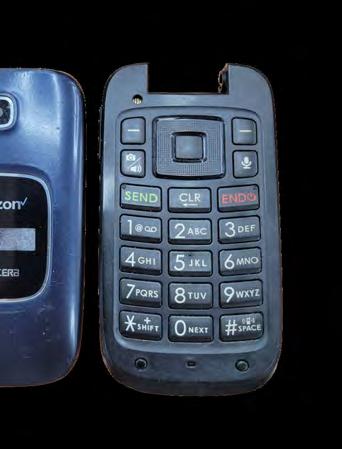
(June 6, 1802- June 23, 1872)
Once, after Kiddush Levanah, the Beis Aharon sat and shmoozed with his chassidim about the topic of hashpa’os in gashmiyus. The Beis Aharon had many chassidim, and most of them lacked parnassah.
The Beis Aharon said, “Great people [i.e. his uncle, the Moharam of Chernobyl, and his father-in-law, the Kadosh of Ruzhin] asked me why I don’t have more of a hashpa’ah on the financial success of my chassidim, and I answered that if I enable my chassidim financially, then who will scream together with me when I daven Ezras Avoseinu and Nishmas?
“But nowadays,” the Beis Aharon continued, “When people don’t daven like that anymore, in any case, it’s better that I find them more parnassah.”
One of the chassidim present picked up on what the Beis Aharon said and took it very seriously. When he returned home, he related the incident to his father. “The rebbe opened the gates of parnassah!” he exclaimed.
This chassid’s father was so poor that he couldn’t even afford to travel to his rebbe, the Beis Aharon. But when he heard what his son had said, he was mechazek himself, borrowed money from his neighbors, and went to the Beis Aharon.
When he got there, he said to the Beis Aharon, “I heard that the rebbe opened the gates of hashpa’ah for his chassidim.”
“Go to Kiev,” the Beis Aharon replied.
The loyal chassid picked himself up
and traveled to Kiev with nothing but the clothing on his back. He didn’t even have money to buy a bit of merchandise. He had no idea what to do with himself in Kiev, or where he should go. He wandered around aimlessly until he ended up next to the local river, where he sat down, lost in thought.
A short while later, he noticed a boat drawing near. He could see that it had a large load of wheat for sale. The boat docked nearby, and a peasant disembarked and walked over to him.
“Would you like to buy wheat from me?” the peasant asked.
Regretfully, the chassid replied, “I wish I could, but I have no money.”
The peasant was a simple fellow. He lacked the ability to do even basic math, and he certainly couldn’t handle the sale of a large load of wheat.
“Why don’t you sell my wheat for me,” the peasant suggested, “and I’ll give you a percentage of the money.”
The chassid gladly took him up on his suggestion. He immediately transported the wheat into the city and took it to a mill.
At the mill, an employee agreed to buy the wheat. He weighed it and calculated how much to pay the chassid, but when he marked down the amount and price in his ledger, the chassid noticed that he had made a mistake. The employee was about to pay him more money than was due.
The chassid pointed out

the employee’s mistake. The amazed employee ran to tell the owner of the mill what had happened.
The owner came out to meet the man who had pointed out a mistake in his favor. “I have never met such an honest, trustworthy person,” the owner said. “Whenever people come to sell me wheat, I’m always worried that maybe they mixed gravel or something else into it, so that it will seem like there’s more wheat than there really is. But with you I know that I can have peace of mind.”
The owner then turned to his employee. “Listen, from now on, we’re buying wheat exclusively from this man and each time he comes we’re going to buy his entire stock.”
True to his word, the chassid returned to the peasant with the money that he’d received from the mill owner, receiving his share of the profit. The chassid also gave the peasant the miller’s advance for more wheat. The chassid did this again and again, so that he soon had enough money to travel home and relocate his family to Kiev.
In Kiev, the chassid continued to work successfully as a wheat merchant. He became a wealthy man, as did his children. ***
Reb Aharon’s yahrzeit is Yud Zayin Sivan.
(Adapted from Nifla’os HaTzaddikim by Reb Yaron Amit)
Shira Yael Klein
THE ANSWER IS SIMPLE: Jewish girls need camp now more than ever. What better place for them to be than in a warm, loving, and welcoming environment where their Neshamos are on fire and Yiddishkeit is celebrated and strengthened?
ESTABLISHED 2011
$180,000 CAMP GAN ISRAEL POCONOS IS RAISING for scholarships for public school children to have a Jewish Overnight Camp experience

“Am I up to it?” I stammered. “You’re asking me to go so far out of my comfort zone, so that I can’t even see my comfort zone. I’ve never even seen a hidden camera.”
“That’s because, as a general rule, they’re hidden,” Xavier Roberts said.
I had to hand it to him. He had a good point.
“Well, me and DIY, we don’t speak to each other. We fell out years ago and we’ve never made it up.”
“Oh, come on, Nachman, my dear fellow,” Roberts said, rolling his eyes. “Are you seriously telling me you’ve never used a screwdriver or changed a plug? There’s very little more to setting up a secret camera than that.” He paused, considering his words. “Well maybe it’s a bit more techie than mechanical, but I’m sure, it’s nothing you can’t handle.”
“Techie as in computer technology?” I said. “Ask Avi about that. I have to ask him to do the computer-y things on my phone.”
“He’s not as bad as he’s making himself out to be,” Avi said. Then he paused and admitted. “Well, he’s pretty bad, actually.”
“Nothing can’t be taught with a good instructor,” Xavier Roberts insisted. “I refuse to believe that you can’t learn. That Japanese gentleman who kind of “gatecrashed” (Xavier made air quotes) our little coffee shop party will tutor you in the installation of the hidden cameras, and he will train you in speed. You won’t have time to fumble and
faff about doing it. You’ll have to do it in a few seconds, while Jeong San-Hoon’s back is turned.”
“Ooh, tech at high speed,” I said.
“Don’t worry about details,” Roberts said. “You’re in training now. Everyone has to learn how to do things at some point.”
“Some of us are beyond hope,” I said.
“I refuse to believe that,” Xavier said. “Anyway, it’s late now, so we won’t start your classes until tomorrow. After all, it’s Sunday tomorrow. I presume you have free time on a Sunday?”
I had to admit, Sunday was a lovely lazy day. Usually, I went to a shiur. I also, sometimes played tennis in the park with Avi, at which I was spectacularly bad.
I said nothing, and Xavier took that as confirmation. “I’ll speak to Mr. Yamamoto about a venue for your first, and hopefully last, instruction session. I don’t want him coming to you. There’s enough potential for curiosity among the neighbors with you befriending Jeong San-Hoon, without a second Japanese gentleman wandering around Flower Street looking for your house.”
He was right. We’d been living in the same street as Jeong San-Hoon for years now, without any kind of neighborly interaction beyond the odd “good morning!” and now we were practically going to be chavrusos. To horribly misquote Lady Bracknell in Oscar Wilde’s great play: “To become close friends with one questionable Japanese



gentleman, is just about acceptable on our street, but to become friends with two would be sheer carelessness.”
Xavier stood up. “Right, well that’s settled. Have a very good night. I’ll be in touch about the venue, and to finalize a time. I must tell you, Mr. Yamamoto is an extremely good and patient teacher, and I’m sure you’ll surprise everyone, even yourself.”
“Oh, that’s a given,” I said, as I saw him to the door. I went back into the house and sank onto the couch, my hands over my eyes. “What have you done?” I moaned to no one in general, and everyone in particular. “You’ve got me being a hidden camera installation guy, an undercover agent, a spy against North Korea, and all I want is a quiet life!”
“Dad,” Avi came and sat next to me on the couch. He took one of my hands in his, pulling it gently off my eyes, in a surprisingly meaningful gesture. “Everything we’re doing now, everything we’re going to be doing, is all about getting you that nice quiet life. The alternative is too awful to contemplate.”
“But why me?” I moaned. “Me of all people. Useless Nachman!”
“I will not have you calling yourself Useless Nachman,” Debbie said. “You have hidden talents, I’m sure of it.”
“Hidden being the operative word,” I said.
“You’re always running yourself down,” Debbie insisted.
“Let’s all go to bed, it’s late,” Rikki said. “As it happens Sunday is the first session of my anti cybercrime course. Maybe they’ll teach me how to fit hidden cameras, so I’ll be able to help you.”
“Or do it for me altogether, save me ruining things for the future of this planet,” I said. I went up to bed, totally discouraged and dispirited.
Debbie, who didn’t know what to say, and didn’t want me to say more anti-Nachman comments, just kept quiet.
I was about to say “Hamapil” when my phone pinged. It was Xavier, giving me an address up Golders Green Road, where all the shops and other public buildings were, and a time. Ten a.m..
I didn’t sleep much. Having the entire world’s security relying on one hapless idiot wasn’t very relaxing. I got up early and went to my usual minyan — not my late Sunday one. It was comforting, in a way, to see all my usual coworshippers blithely going about their daily prayers without a care in the world. They had no idea that next to them stood their last hope.
It was probably better that way.
At 9:30, after a silent breakfast, with my family sitting there and looking at me, I bade Debbie and Rikki farewell, as if I’d never see them again. I walked up Golders Green Road with Avi who insisted on coming with me. To be honest, I was pathetically grateful to have him along.
The meeting place turned out to be in the basement of a building, just below a new gym. I, Nachman Feld, the champion avoider of all exercise, was so close to a gym that the floor bounced.
Mr. Yamamoto was sitting at a table in a small room in the basement, looking at a small cardboard box. The room was devoid of all furniture except for the table and the four chairs around it.
“Hello, Mr. Feld,” Mr. Yamamoto said. “Sit down, please. And your son, too, of course.”
I said hello and Avi and I sat. I pointed at the cardboard box. “What’s that?”
“The surveillance camera. I’ll show you all the parts and then we’ll work on how to fit it. You’ll practice in this room, on that light up there. You’ll be timed with a stopwatch.”
“I can’t reach that light,” I said, hoping that would be that. “And I don’t do standing on chairs. I get vertigo.”
“You’ll have a ladder. We have a small, unobtrusive ladder that unfolds from almost nothing to at least eight feet. Don’t worry. You’ll be shown everything. You won’t get vertigo on the ladder; it’s very secure.”
Bounce. Bounce. Someone yelled: “Double time! Come on guys! You can do it! Get those quads working! Higher! Higher!”
Any minute now, the first head would break through our ceiling. I could already anticipate the guy’s shock when he found himself, head through the floor of his gym, staring down at a guy with the most pathetic quads in history.
“Does that mean if I can’t do it quickly, you’ll give up and find someone else to do it?” I asked hopefully.
Mr. Yamomoto shook his head. “I have never had a failure yet. And you’re not going to be the first. Now, let’s get to work.”
“I’m here with you, Dad,” Avi said. I looked at him with pathetic gratitude again, as Mr. Yamamoto started taking the components out of the box and showing me and Avi (mainly Avi) how to assemble them.
Basically, the unit was very simple to a techie. Not to a layman. I struggled to follow his instructions. Apparently, I had to insert a micro-SD card — which I’d never even heard of— until it clicked. I managed that just fine, so I began to feel slightly better. Then, I had to connect the battery for lights to start flashing on the device. After that, I had to connect it by Wi-Fi to my phone. That’s the part I usually hand over to Avi to get sorted, so I just followed my instincts and did the same thing now.
“Fine,” Mr. Yamamoto said. “Avi can get your phone set up for you. You just need to know how to install the camera.”
Avi set the camera up on my phone in about a minute and a half, and he showed me how to view what the camera records on my phone. He waved his hand in front of the camera, and I marveled at how I could see his hand on my phone.
It was like any other phone camera, only working via remote.
To be continued…





























































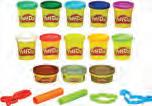








































Without question, the most frightening part of the entire Torah is the curses contained in this parshah, those horrible events that Hashem tells us will ensue if we abandon our faith in Him and adherence to His mitzvos. Those scary heavenly declarations of the misery that will rain down upon us. How our bodies will languish. How our enemies will dominate us. How wild beasts will bereave us of our children, roads and cities. How we will be met with sword, pestilence and sickness. How we will encounter forms of death unfathomably gruesome and ghastly. How we will eat the very flesh of our sons and daughters out of hunger. How we will be scattered amongst the nations of the world and our land will become desolate, our cities in ruin. How we will be rendered into a bunch of carcasses and heaped together into a pile to rot. Kind of scary.
But what’s strange is that just as the parshah is ending, it throws in something that seems to be completely unrelated to this very daunting and prophetic Divine warning. Immediately after the tochachah, the Torah discusses the laws of erechin – the right each Jew has to donate his monetary value to the Bais Hamikdash.
Why does the Torah place it specifically there? Doesn’t it take away from the import of this topic? Why would the Torah follow its thunderous and ominous admonition of serious catastrophes with something so technical and seemingly unrelated?
Perhaps the following idea can give us a clue.
Out of all the many character traits that the Jewish people exhibit, the one that is perhaps most impressive is our endurance. To be history’s punching bag and live to tell the tale. To have suffered at the hands of virtually every one of history’s villains, and still survive it all.
But more than merely surviving in the face of adversity, what sets us apart is our unique ability to actually use the pain and anguish as a springboard to catapult us forward. We don’t merely stand up and limp to safety; we spring up with vigor, we jump up with tenacity, we regain our spirits and rebuild ourselves even better than before. Each tragedy is transformed into new creativity. We are pummeled and terrorized, and yet we pick ourselves up, dust ourselves off and find a reservoir of strength to not only move on, but to do so with robustness. To thrive and grow and soar, using the animosity around us as fuel to power the spiritual rocket ship within us.
There are many examples in our history of how, following a tragedy, we rebuilt even stronger than before. Following King Shlomo’s death and
the division of the kingdom came the towering prophets Amos and Hoshea, Yeshayahu and Yirmiyahu. After the tragic destruction of the first Bais Hamikdash came the great renewal of Torah, beginning with Yechezkel and culminating with Ezra and Nechemia. From the destruction of the second Bais Hamikdash came the explosion of Torah in the form of the Mishnah, Midrash and Gemara. From the Crusades came the Chassidei Ashkenaz. Following the horrific Spanish expulsion came the immense mystical circle of Tzfas led by the Arizal, leaving ripple effects that reverberated throughout the entire Torah world. From the unspeakable Eastern European persecution came the Chassidic movement, injecting Judaism with a seemingly endless flow of passion, story and song. From the Holocaust, the most horrid loss of Jewish life in our nation’s history, came the miraculous resurrection of Torah Judaism in America and in Israel. There is such a proliferation of institutions supporting our lifestyle, that in Yerushalayim, virtually every fifteen feet is another shul, Bais Medrash and seminary.
Where did that inner reservoir of fortitude and strength come from? With what energy did our parents and grandparents, after persecution of the worst degree, rise from the ashes and rebuild our communities, bigger and better than before, brick by painstaking brick?
The end of this parshah, says Reb Mordechai Kamenetsky, holds the answer. Immediately following the list of horrors that will barrage the Jewish people upon straying from the Jewish faith, the Torah speaks of the ability of each and every person to donate his monetary worth to the Bais Hamikdash. The placement isn’t random. Nothing in the Torah is. The juxtaposition in the Torah is telling us that the immense inner value of each and every Jew is unbreakable, and no matter how grim and gory the backdrop is, one’s neshama is intrinsically holy, and no amount of persecution will ever convince us otherwise.
The Torah’s specific placement of the mitzvah of erechin, which highlights the ability for each Jew to donate his worth to the Bais Hamikdash, is telling us that even as we get kicked and burned, stabbed and expelled, we must remember our ever-present, untouchable, glistening inner worth. We are to remember that it is not those barbaric hooligans who determine our value, it is God who determines it, and in His eyes we are all intrinsically holy. No matter how many layers of human corpses we may lay under, we must climb out and allow our holiness to shine. We are the torch of humanity, and no amount of ferocious persecution will ever dim it.
If we lose sight of the immense spiritual value embedded deep inside of us, then our enemies
win the war. If we keep our eyes on the potential within, we are indestructible.
Every month, Jews go outside to say kiddush levanah – the monthly sanctification of the new moon. We look at the moon and declare that the same way the moon renews itself, so must we. We take inspiration from the change of the moon to get up and change ourselves.
The question is glaring. Just about the only thing in the entire solar system that does not change is the moon. The earth has seasons. Stars come and go. The sun is forever burning itself with more and more energy. The moon just sits there. No wind. No water. No gravity. No life. Neil Armstrong’s footprints are still there, exactly where he left them. But that is precisely the point we are trying to make. Change is not about waiting for the season to pass or the climate to improve. Change is not about dreaming about different settings and scenarios more conducive to our success. Change is about changing our perspective. Change is taking the circumstances at hand and seeing them in a different light, with a different angle. Change is ridding the habit of blaming circumstances, and directing our sights on inner transformation. Hence, the moon is the perfect paradigm. It sits there, never moving a muscle. And yet it waxes and wanes every month. How is this so? Our perspective of it changes. It screams out to us that in order to grow and climb and ride the wave of life, we need to be forever enhancing ourselves. To be forever improving the quality in ourselves. To stop blaming external persons, places and things and start focusing on ourselves. To be forever grabbing hold of that self-replenishing reservoir of value deep inside of us, and unleashing it.
The Hebrew word for eye is ayin. Rav Shamshon Rafael Hirsch points out that ayin also means spring. For having the right outlook in life can make us release a spiritual spring of potential, and gush forth energies that are strong enough to survive any adversary. We go out once a month, whether in the cold or the rain, the snow or the sleet, and we dance by the light of the moon. For our nation has a spring of spiritual energy contained within our souls, and we, with the right perspective, can always tap into it.
The Beating in Klausenberg
Rav Kamenetsky sums up this concept with the following story:
After the Nazis invaded the small village of Klausenberg, they began to celebrate in their usual sadistic fashion. Gathering the Jews into a circle in the center of town, the Nazis paraded the Rebbe, Rabbi Yekusiel Yehuda Halberstam, into







the middle. Taunting and teasing him, pulling his beard and pushing him around, the vile soldiers trained their guns on Rabbi Halberstam as the commander began to speak.
“Tell us, Rabbi,” the officer sneered, “do you really believe that you are the Chosen People?”
The soldiers guarding the crowd howled in laughter.
In a serene voice, the Rebbe answered loudly and clearly, “Most certainly.”
The officer became enraged, lifted his rifle above his head, and viciously beat the Rebbe. Swinging the rifle like a baseball bat, he repeatedly swung at the holy Rebbe’s head. As the Rebbe fell to the ground bloodied and bruised, there was a rage in the officer’s voice. “Do you still think you are the Chosen People?” he yelled.
Once again, the Rebbe nodded his head and said, “Yes, we are.”
The officer became even more infuriated, kicked the Rebbe and repeated, “You stupid Jew, you lie here on the ground, beaten and humiliated. What makes you think you are part of the Chosen People?”

The Rebbe looked at his family and fellow townspeople watching in horror. He turned back to face the officer. From the depths of his humiliation, covered in dust, the Rebbe replied, “As long as we are the ones getting kicked and not the ones doing the kicking, we can call ourselves the Chosen People.”
From the back alleyways of the destroyed city of Yerushalayim, to the ports of Spain in 1492, to the villages in Germany ransacked and torched by pogroms. From deep within forests in the middle of nowhere, to the northernmost parts of freezing Siberia. From the riots to the Crusades. From the cells to the dungeons. From the fires to the torture chambers. From the barracks to the ghettos. From the hidden caves to the concentration camps. From the bomb shelters to the prisons. No matter where we find ourselves at the beginning of every month, we Jews, in groups large and small, huddle together in the cold of the night and say kiddush levanah. We look up to the moon and proclaim, “Hashem, this month we will be better. This month we will start anew. This month, we will reenergize ourselves and bring a fresh perspective.”
With tears in our eyes, we said, “Hashem, no amount of pain and bloodshed will ever place
a damper on the value we place on our holy neshamos. We will keep dancing down history’s road and allow our souls to flood forth, no matter the circumstances, shining ever brighter with each passing year.”
We look down from the moon with tears streaming down our cheeks. We limp into a small circle, and we dance and we sing and we cry. We remind each other that though the exile has been long, and it’s been dark and dreary, if we absorb the lesson of the moon and keep the fire in our souls growing ever stronger, we will without a doubt keep on forging on.
Hillel Eisenberg, originally from Rochester NY, teaches courses on the fundamentals of Judaism at Princeton University as well as in Torah Links Yeshiva in Lakewood NJ. He is the author of the newly published book THE PARSHAH ON FIRE as well as the host of a podcast with the same name. His dynamic and passionate style of teaching the joy of Judaism has made him a sought-after teacher and lecturer throughout the United States. Feel free to reach out to Hillel by email Hilleleisenberg613@gmail.com or phone 585-4149729.
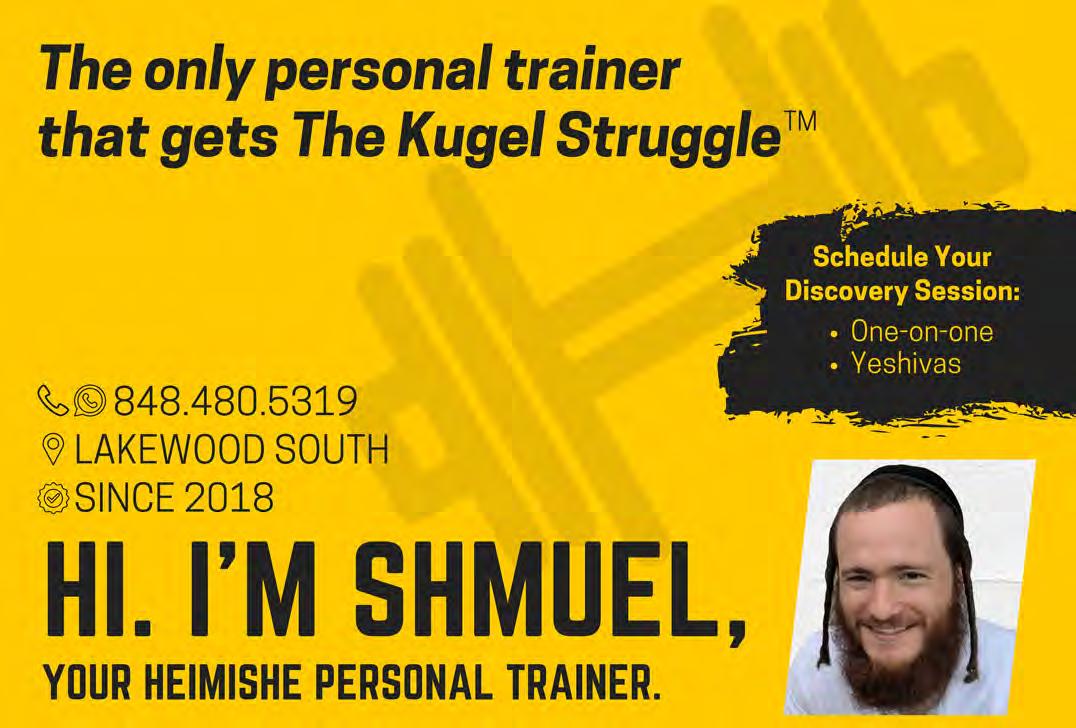




Chilli & Tilli are hidden somewhere in this issue they can be found anywhere on a Ad, Picture, or any page in the magazine, any size any color (excluding this page)


Please email, Fax or Mail the Page # where you found them To enter a rafffle to Win a Free Ticket to Climb Zone! You must include your Name and Address the winner will be printed in next weeks issue.



Q: I feel like I am completely at a loss with my fiveyear-old son. He is the baby in my family and has always been a homebody. He loves his siblings and definitely doesn’t have any problems socializing when he is at home. Also, when I am around, I can see that he is natural and fun with his classmates and friends.
It’s when I leave that we have a problem. When he was younger, he would kick and scream when I dropped him off at school. Now, I see him slowly retreating into himself when it’s time for school or else he tells me he doesn’t feel well enough to attend. He refuses to go to friends’ houses to play and seems to be completely focused on staying home. I thought this kind of behavior would end a long time ago. What is going on with my loving, adorable son?
A: First, I want to say that it is great that you are asking this question. Most parents are uncomfortable addressing social issues with their children because they don’t want to find out that there is something wrong. The good news is – from the way you described your son – there are some relatively simple solutions.
Your son seems to be struggling with anxiety – more specifically – separation anxiety, which has made socializing outside of the home difficult. What is separation anxiety? Most people think that separation anxiety is something our six-month-old infants develop and our toddlers grow out of. Separation anxiety before a child is two years old is completely normal and helps children learn how to master their environment.
However, in reality, separation anxiety can manifest itself at almost any age during childhood, especially during times of stress. Children with separation anxiety worry about separating from their parents during school, work, a quick errand, bedtime, or even when they are in the next room. Separation anxiety can make leaving the house a torturous process for both the parent and the child.
The New York Times’ Health Guide explains that the symptoms of separation anxiety include:
•Excessive distress when separated from the primary caregiver
•Reluctance to go to school or other places because of fear of separation
•Reluctance to go to sleep without the primary caregiver nearby
•Repeated physical complaints
Drs. Andrew Eisen, Charles Schaefer, and David Barlow, in their book, Separation Anxiety in Children and Adolescents, give some tips for helping children overcome their anxiety:
•Relaxation techniques. When children experience anxiety, their whole body tenses – sending messages back to their brain that there is danger around them. The goal of relaxation techniques is to calm the body in order to get the child’s brain to recognize the serenity. Some relaxation techniques include deep breathing, different positions that send blood to the head, and singing songs.
•Self-soothing language. As babies, children learn to self-soothe when they wake at night by sucking their thumbs, humming, or using a pacifier. Likewise, as children get older they can utilize self-soothing language in order to provide themselves with comfort. The most important part of this process is that it is the child who does the soothing themselves. Some sample phrases are, “Mommy always comes back” or “I’ve been alone before. I am safe and I am calm.”
•Gradual separation in small increments of time and space. Depending on the severity of the anxiety, start separating yourself from your child in very slow increments. For instance, if your child can’t even handle when you are in another room with the door closed, sit in the next room with the door open (within sight of your child). After a few days of this, experiment with closing the door for a few moments. Next, work on being downstairs while your child is upstairs. Then, try the backyard while he is inside. Each time you successfully complete a step, discuss with your child the fact that he is safe and you came back.
With time, your homebody will be begging you for sleepovers at his friends’ houses.


Licensed and insured No hidden fees
8 Mimimum required for installation



Dear Lakewood Vibes,
Please include the following story in your Gratitude Column:
One day, as I was hurrying through a busy shopping center, my wallet, which wasn’t properly closed, suddenly exploded. Coins scattered everywhere, rolling across the floor in all directions. Embarrassed and blushing, I scrambled to collect them, feeling the eyes of passersby upon me.

Just as I was about to give up in frustration, a kind stranger appeared. Without hesitation, the stranger bent down and started gathering the coins with me. Together, we collected all the scattered change. This person’s calm demeanor and willingness to help eased my embarrassment. I stopped blushing and felt a wave of gratitude for this unexpected act of kindness. It was a reminder of the goodness in people and how a small gesture can make a big difference.

Dear Vibes of Gratitude,
Shopping at the grocery store can sometimes be a challenge for me due to my height. The shelves are often too tall, making it difficult to reach certain items. One day, I found myself struggling to get a box of flavored melba toast from a high shelf. I stretched as far as I could, but it was just out of reach.
As I was about to give up, a kind woman noticed my struggle. With a warm smile on her face, she reached up, grabbed the box, and handed it to me. I was deeply touched by her simple act of kindness. Her considerate gesture turned a frustrating moment into a reminder of the goodness in people.
It’s these small acts of compassion that make a big difference in our everyday lives.
-Anonymous
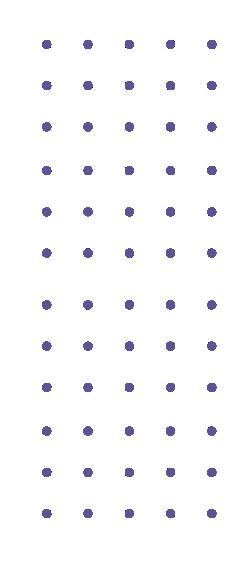





I’m full of keys but can’t open any doors, what am I?


It was surreal, a scene that will never be forgotten by the thousands who merited to be in the Prudential Center Arena on Sunday night before Shavuos. The Gaon and Tzaddik, HaRav Shimon Galei, shlita , who had come especially from Eretz Yisrael to address the Dirshu Kinnus Olam HaTorah Kabbolas Shabbos maamad , was about to complete his inspiring drasha… when he suddenly changed tones. Instead of ending the drasha with the traditional, “May we be zocheh to the coming of Moshiach ,” he began singing!Yes, Rav Shimon Galei stood there, a beatific smile on his face, microphone in hand, enthusiastically singing the famous song, “ Shaarei shomyaim pesach .” He was calling on Hashem to open the gates of Heaven and open His treasure trove for us… He then explained, “I feel that at this moment is a tremendous eis ratzon , an opportune time when the gates of Heaven are wide open and we can beg Hashem for all our needs, for all Klal Yisrael’s needs!”
He then began singing the niggun again, unshed tears glistening in his eyes as the nearly 15,000 people filling the stadium joined in a thunderous outpouring of emotion. The entire stadium was on their feet singing “ Shaarei shomyaim pesach .”!
Watching Rav Shimon singing, you could see how the worry lines and wrinkles on his face temporarily disappeared. He glowed with simcha , leading the assemblage in song and explaining to them how the zechus of Shabbos itself was opening the gates of Heaven; how Shabbos has the power to save Klal Yisrael from its enemies from within and without; and how this wonderful assemblage that gathered to strengthen themselves in shemiras Shabbos by undertaking to learn hilchos Shabbos daily and comprehensively, was the conduit for rachmei shomayim to permeate the entire Klal Yisrael.
The climax of Rav Shimon Galei’s drasha was one of the main highlights and emotional highpoints of a unique, remarkable event experienced by Klal Yisrael this past Sunday, the first day of the Sheloshes Yemei Hagbalah , when Dirshu held its massive Kinnus Olam HaTorah Kabbolas Shabbos event at the Prudential Center in Newark, NJ.
Traditionally, Dirshu’s large stadium events have been held to mark milestone siyumim . This event, however, was unique in that it was made to celebrate not a siyum, but a kabbalah , a kabbalah of hundreds of thousands of lomdim the world over accepting upon themselves to learn hilchos Shabbos in Dirshu’s popular Daf HaYomi B’Halacha program that will embark on Chelek Gimel of hilchos Shabbos on Erev Shavuos. It is certainly not coincidental

that this kabbalah to learn hilchos Shabbos coincides with the Yom Tov of Kabbolas HaTorah as Chazal teach us that shemiras Shabbos is equivalent to keeping the entire Torah!
It is also not coincidental that the very popular Dirshu Amud HaYomi program is also currently in the middle of learning Masechta Shabbos . Those who participate in both programs thus have the unique opportunity to learn the sugyos in the masechta followed by the practical halacha that emanates from these sugyos
The Kabbolas Shabbos event was attended by numerous prominent Roshei Yeshiva, Poskim , Admorim and Rabbanim aside from those who addressed the crowd including Hagaonim HaRav Malkiel Kotler, shlita, HaRav Dovid Schustal, shlita, HaRav Reuven Feinstein, shlita, Harav Hillel David, shlita, HaRav Yaakov Horowitz, shlita, Rosh Yeshivas Beis Meir, HaRav Shlomo Feivel Schustal, shlita , Rosh Yeshivas Tiferes Yerachmiel, Rav Osher Dovid May, shlita , Rosh Kollel of the Passaic Yeshiva, Kollel, HaRav Yerachmiel Ungarischer, shlita, Rosh Yeshivas Beis Medrash Elyon of Bnei Brak, the Verdaner Rebbe, shlita, , Rav Meir Meyers, shlita , Belzer Dayan in Boro Park, Rav Shlomo Leizer, shlita , Sanzer Dayan, Rav Avrohom Spitzer, shlita , Skverer Dayan of Lakewood, Rav Shmuel Lichtenstein, shlita , Krasna, Dayan, Rav Yitzchok Zalman Gips, shlita , Rav of Khal Birkas Avrohom HaRav Moshe Chaim Kahan, shlita , Dayan, Beis Medrash Govoha, Lakewood, HaRav Moshe Zev Feldman, shlita Dayan, Beis Medrash Govoha, Lakewood.
In addition to being an evening of kabbalos, the evening was also suffused with niggunim of chizuk and hisorerus beginning with a new niggun “Boi Besholom” sung by the Shira choir. Some of the most talented baalei menagnim inspired the crowd to greater heights in ahavas Torah and shemiras Shabbos . Whether it was R’ Baruch Levine singing the words of the beautiful tefillah said by every woman before lighting the candles when she begs Hashem to grant her children who will illuminate the world with their Torah, mitzvos and maasim tovim , or R’ Hershy Weinberger together with a wunderkind soloist singing the new song “ Tanu Rabbanan ,” full of ahavas haTorah
Whether it was R’ Zanvil Weinberger singing the words of the Mishnah that, “He who engages in Torah is zocheh to so many things,” or the heartfelt singing of R’ Naftali Kempeh as he sang the famed moving Shavuos song, “Kad Yasvin” that describes


how Hashem revels in seeing his beloved Nation forgetting about the difficulties in their own lives, and instead deeply engaging in toiling in Torah. The evening was one of chizuk , inspiration and most importantly, “ kabbalah ,” about truly making an unbreakable kabbalah to learn hilchos Shabbos and in general upgrade all matters related to Shabbos.
One of the most powerful drashos of the evening was the drasha given by HaRav David Ozeri, shlita , Rav of the Yad Yosef Torah Center of Brooklyn. Rav Ozeri cited the words of the Mishnah Berurah in his introduction to hilchos Shabbos , where the Chofetz Chaim calls on every community to establish chaburos , groups of people learning hilchos Shabbos . The Chofetz Chaim adds that making groups and shiurim of people dedicated to learning hilchos Shabbos will bring the geulah closer!
“Dirshu,” Rav Ozeri said, “is therefore actually engaged in bringing the geulah closer by ensuring that so many shiurim and so many groups of lomdim are getting together daily to learn hilchos Shabbos . This gathering here today is certainly a gathering that is bringing the geulah closer!”
Rav Yechiel Mechel
Steinmetz: “We Are All Here to Collectively Say, ‘Naaseh V’Nishma!’”
Rav Yechiel Mechel Steinmetz, Skverer Dayan of Boro Park and one of the senior Poskim of America, brought out the tremendous quality of achdus that he observed in the crowd.
“We see here,” he said, “G-d fearing Yidden from all walks of life who have come together - Chassidim, Litivishe Yidden, Sefardic Jews , kollel yungeleit, baalei battim , a complete microcosm of Har Sinai about which Chazal teach, ‘The entire Klal Yisrael camped next to the mountain as one man with one heart, with remarkable achdus ,’ to do what? To strengthen ourselves in hilchos Shabbos . I feel that today we are all here to collectively say, ‘ Naaseh V’Nishma !
a beautiful generation! Perhaps in the history of our galus there has never been a generation where so much Torah is being learned. Torah is being learned across the entire world - In Eretz Yisrael from Dan until Be’er Sheva and outside of Eretz Yisrael, in cities and towns literally where until more recently the kol Torah has not been heard, there are kollelim . There are yeshivos and Bais Yaakovs in communities the world over, with tens and tens of thousands of talmidim
“All areas of Torah are being learned. In our entire history, there was never so much Talmud Yerushalmi being learned as today. Our generation is producing comprehensive sefarim covering virtually every area of Torah at the highest levels. It is absolutely wonderful! A blessed generation!
“On the other hand… look at the terrible tzaros that we have experienced most recently. We are experiencing a difficult tekufah of hester panim . Is it possible that the tremendous shefah , the tremendous bounty that Hashem has bestowed upon us has distracted us from our ultimate mission in life? Is it possible that with all the Torah being learned and with all the wonderful, spiritual developments in our time, that we are missing something?”
With great passion and pathos, Rav Hofstedter exclaimed, “Our generation is such a generation of opportunity! There is so much Torah being learned, so much ruchnyius , so much good! We have the opportunity to soar in ruchniyus . Yet, there are serious challenges.

“Let us not look back at our lives with regret. Let us not one day regretfully look at the missed, unfulfilled potential! Let us not say we could have been bekiim in hilchos Shabbos, we could have kept Shabbos properly without inadvertently transgressing… but we didn’t avail ourselves of the opportunity. Let us not one day have the anguish and regret that ‘I could have been a Shas Yid …’ Let us not one day look back and say, ‘I COULD have brought the geulah , I missed the opportunity…’ Let us not r”l , be the generation that had so many tzaros and will one day have to answer the question, ‘Where were you? What were you doing when my children were being slaughtered? Where were you when so many children were being lost to Klal Yisrael? Were you too busy enjoying life when the umos ha’olam were disgracing My Torah?”
The Call to Action by the Nasi of Dirshu
“ Tayere Heiligeh Mishpachas Dirshu, shlita ,” was the way, Rav Dovid Hofstedter, shlita , Nasi of Dirshu, began his remarks. One could feel the profound ahavah suffusing those words. It was clear that this was not some figurehead of an organization, detached from the people, addressing his constituents. Rather, he was a yedid , a father figure, and more importantly a family member addressing his wider family with ahavah . Every person in the cavernous Prudential Center could feel the love emanating from the words, “ Tayere Heiligeh Mishpachas Dirshu, shlita .”
The seminal drasha that Rav Hofstedter delivered was not only a rousing speech, but it was also an earnest conversation among friends. It was a very serious, important drasha with a practical message that was delivered with pain and concern over the difficult situation in today’s world.
Rav Hofstedter said, “On the one hand, look at this dor ! It is such
With a fiery spark of hope in his eyes, Rav Dovid continued, “Let us rather be the generation of Kinyan Torah! The generation of Kinyan Halacha, of Kinyan Shas, of Kinyan Yerushalmi, of Amud HaYomi and of Daf HaYomi B’Halacha!!
“Let us be the generation whose Father welcomes His children with open arms! Let us be the generation that will finally witness yeshuas Yisrael and welcome the Goel Tzedek !”

“Tattele Kum Shoin Aheim!”
With that rousing ending, Rav Hofstedter was about to step down… Until something stopped him. What happened next swept the whole crowd into electrified dveikus . Rav Simon Galei quickly stepped up the podium next to Rav Dovid and, as an appropriate bookend to the entire theme of Rav Dovid’s drasha , grasped Rav Dovid’s hand and began to sing the famous words of the song composed by Rav Don Segal, begging Hashem to come back home to His children, “ Tattele kum shoin aheim ! Tattele kum shoin aheim !”
It seemed as if the roof was going to blow off of the stadium as the entire khal rose to their feet as one, singing with tangible emotion, “ Tattele kum shoin aheim ! Our Dear Father, PLEASE COME HOME!”
HaGaon HaRav Yitzchok Sorotzkin, shlita , Rosh Yeshiva of Telshe and Mesivta of Lakewood, pointed out that in our times, when Klal Yisrael faces a tzarah we are often told that we need to strengthen ourselves in matters of shemiras halashon . “While there is no doubt that we should always be vigilant about shemiras halashon , Rav Mattisyohu Salomon commented that if you look at the letters written by the Chofetz Chaim during difficult times for Klal Yisrael during his lifetime, he almost always attributed the difficult times to deficiencies in shemiras Shabbos and in slacking off in limud haTorah . Certainly, in our times when Klal Yisrael is assailed from within and without by great difficulties, it is time to strengthen ourselves in Shabbos and Torah.
Another highlight of the event were the video recordings of the Gedolei Eretz Yisrael and Gedolei America, urging Klal Yisrael to undertake learning hilchos Shabbos . A powerful message resonated from Eretz Yisrael during the recent nesius meeting of the Daf HaYomi B’Halacha program with the Gedolei Yisrael of the Yeshiva, Chasssidic and Sefardic communities in Bnei Brak.
Another powerful speaker was the well-known Maggid, HaRav Shimon Spitzer, shlita , who cited the famous Gemara wherein a convert asked Hillel to teach him the entire Torah on one foot.


Hillel’s answer was, “What you don’t want someone to do to you, don’t do to another.”
“The question,” Rav Spitzer then asked, “is this the entire Torah?” He then explained, “There are foundational mitzvos that serve as conduits for all the mitzvos . This foundational mitzvah will lead to the others. The same applies to Shabbos. Shabbos is a mitzvah that encompasses ALL the other mitzvos . That is why a person who keeps Shabbos is considered as if he kept the entire Torah while a mechallel Shabbos , r”l , is considered a person who doesn’t believe in anything.”
Rav Spitzer similarly urged the assemblage to feel the taam of Shabbos, to feel the spiritual taanug that Shabbos brings, saying, “This taanug can be felt when someone devotes time to learning hilchos Shabbos .”
Another climax was at the very end of the maamad with the arrival of the venerated Skulener Rebbe of Boro Park, Rav Yeshaya Yaakov Portugal, shlita , and the Rebbe of Toldos Yehuda Stutchin, Rav Mordechai Zilber, shlita . When the Skulener Rebbe said, “ Shema Yisrael ,” being mekabel ol malchus shomayim, as the Stutchiner Rebbe looked on, the entire assemblage thundered after him, in a roaring acceptance of ol malchus shomayim . He then said, “ Hashem Hu Elokim ” seven times, declaring our emunah in Hashem. What an appropriate culmination to a night that was completely devoted to Shabbos, the foundation of our emunah !
To join Daf HaYomi B’Halacha and/or Amud HaYomi, please contact Dirshu at info@dirshunj.org or at 1-888-5Dirshu.
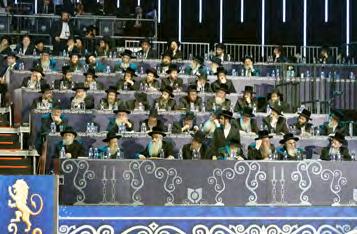



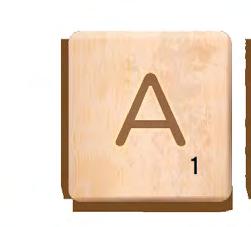




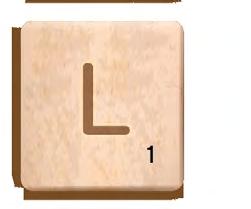

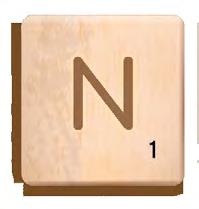


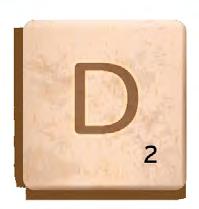
“Mommy!” Tziri yelled and ran back toward the car as Mrs. Sherman came toward us with her jacket flung over her head.
“What happened!?”
Adina, Miri and I huddled together near the table, watching a long stream of smoke billow from the grass. I knew there was something we were supposed to do, but my breath was coming so fast I forgotten all the safety instructions we’d learned.
“It’s the cord!” Miri said. “We should go unplug it, right?”
“Don’t do anything, girls!” Mrs. Sherman said. “Adina, run to the trunk for the fire extinguisher!”
Leave it to Adina’s mother to have a fire extinguisher in her car. Every one of Adina’s binders has color-coded dividers, she uses the matching color pen to take notes for that class, and her writing looks almost like it was typed on a computer.
Adina gave the fire extinguisher to her mother, who removed the safety pin and pointed it at the grass. The smoke had dwindled, but the burning smell filled the air, even though big raindrops had started to splash off the tabletop.
Mrs. Sherman aimed at the extension cord and three big blasts of white stuff came out. A moment later the smoke was gone, and it looked like a light layer of snow covered the grass where the cord was.


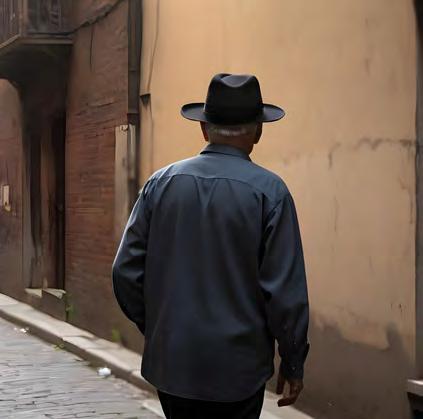


Recap: Liora and Miri host their first bake sale. It starts to rain and smoke rises from the grass beside them.
“Yay, Mommy!” Tziri said and hugged her mother’s leg.
Miri shook her head and looked around. “That was scary! The fire could have traveled up the cord, and the whole urn could have caught fire and exploded, and the table would have been on fire, and we were sitting right there …”
“Miri, I don’t think that’s how it works,” I said. “And anyway, the rain would have put out the fire, right, Mrs. Sherman?”
Mrs. Sherman nodded. “I think so, but you don’t put water on electrical fires, you know. I have never had to use this, but baruch Hashem, everyone is fine. Adina, Tziri, let’s getting going.”
By now, the basket of muffins, which wasn’t completely under the tree, had become a pile of mush. Everything else was wet and soggy, and the sign we’d made had come loose and was hanging by only one string from the tree.
“So much for our grand opening,” Miri mumbled, as we started to clean up and the Shermans drove away. “And we have to throw a bunch of stuff in the garbage.”
I smiled at Miri. “It’s a great story, isn’t it? ‘First day of our sale, and a fire broke out!’ I can’t wait to tell Sarah and the rest of the girls!”
“Liora, please. Let’s just hurry up, I’m getting all wet.”






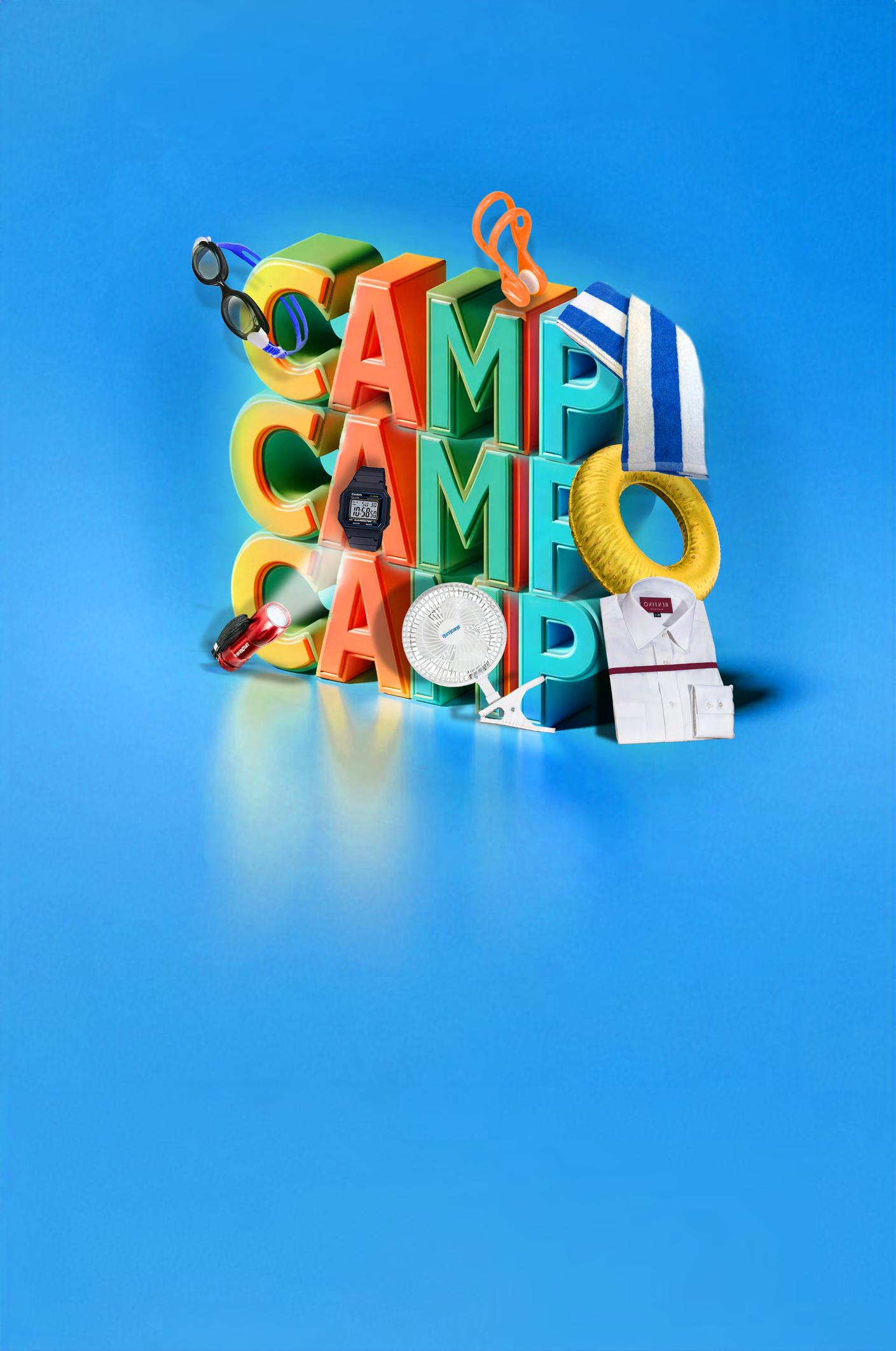





“I’m moving, I’m moving,” I said. “But can we please talk about the shidduch of the century in the meantime?” I’d been thinking of this shidduch as ‘shidduch of the century’ since the idea had struck me, but this was the first time I voiced the thought out loud. I didn’t really know what the expression meant, but it sounded good.
Miri glared at me. “I don’t want to talk now, Liora! I’m getting wet. I just want to go home!”
I hated to see Miri sad; I decided I had to tell her. “Listen….” A car honked, and there was Tovi in her sedan, waving to us. I gave her a ‘one-minute’ gesture. “I have permission to tell you now. Yisroel Stern agreed to go out with your sister!”
Miri’s eyes lit up. “That’s great!”
“But.” There was a ‘but,’ and I couldn’t keep it in any longer. We just had to get past it and get this shidduch off the ground!
Miri’s smile disappeared as water began to drip down the sides of her cheeks. She rubbed it away hard. “But what, Liora?”
“Yisroel Stern is such a good person! His father had a stroke four years ago. That’s why he’s here, and not in Lakewood, to help his mother. He learns in the mornings in a kollel and works at the yeshiva in the afternoons.”
“That’s so sweet!” Miri tucked her hair behind her ears.
“But.” I took a breath. “At some point, he wants to move back...” I swallowed and checked to see that Tovi was still in her car, windshield wipers on full force. “To where he lived until he was ten.”
“Back to…where?”
“Are you ready for this? The answer is really super-cute, like, koala bear-cute!” My heart beat a little faster as Miri folded her arms across her chest. It was just like being at the peak of a rollercoaster. That split second when you’re hanging there, you don’t want to go down, but there’s no other way, so down you fly.
“He wants to go back to… Australia!” I smiled at Miri like this was the most exciting thing in the world, but appearances can only get you so far. Her face fell.
“What!? Australia? You mean, like, the country…on the other side of the world?” Miri glared at me. “What are you talking about, Liora?”
“I’m sorry about the rain,” my mother said that night, as we ate my favorite dinner, spaghetti and meatballs. She’d also made her lemon-dill kohlrabi salad, which no one else besides me and her liked, so I knew she felt really bad.
“Did you bring me some candy at least?” Ari called out, from behind the cover of the newest Akiva Ruderman adventure book.
“Ari, put the book down,” Tatty said. “Everything was delicious, Mommy. My chavrusah needs to start early tonight, so I’m running.” He said his brachah achronah, then looked at me as he stood up. “Liora, I’m proud of you for still smiling.
See you all, later.”
“Bye, Ta,” I said.
“Tatty!” Dina whined. She jumped off her chair and followed him to the door.
When my mother returned from walking my father outside, she sat back down and pushed her plate aside. Dina climbed onto her lap and nibbled on her meatballs.
“Liora, listen. Mrs. Kramer called me earlier.”
“Uh oh.” Mommy had her “this-is-very-serious” look. She tucked some loose sheitel strands behind her ears and cleared her throat.
I knew Miri was upset about our sale flopping, and then about the shidduch bomb I’d dropped. But to have her mother call mine seemed really ‘preschool.’
“She’s concerned, which makes sense, after Tovi mentioned that Zaidy has been confused sometimes.”
I didn’t think Tovi would have told her mother, but then I didn’t think it was such a big deal, anyway. Older people sometimes got confused, and Zaidy was usually fine, it was just now….
“You know, even though Tovi teaches in the mornings, soon she’ll finish up her master’s degree in social work, with a focus on geriatrics.”
“What’s geriatrics, Ma?” I asked.
“‘Geriatric’ means related to elderly people.” Ari piped up from over his book.
That was so annoying. Because of all his reading, Ari had a much better vocabulary than me.
“Anyway,” my mother continued, “Tovi wanted to make sure that I knew what was going on. I told Mrs. Kramer that of course I know and asked her to thank Tovi for her concern for my father.”

“So, kids.” Mommy glanced from me to Ari. “We don’t need to be going into details with friends or acquaintances about Zaidy.”
Ari shrugged. Right, like he’d go into detail with anyone about anything.
“Liora, I know you’re sociable, and like to be very open. But some things are private, family matters. Understand?”

“Sure, Ma,” I said.
“Great,” my mother said, injecting a note of perkiness into her voice as she patted Dini’s shoulders. “Deen, hop down and let’s go upstairs. I’ve got to get you to bed and then prepare for school tomorrow. Liora and Ari, please clear.”
As I carried the plates to the kitchen, I thought about what Mommy had said. I didn’t really understand; if Zaidy was just stressed about the war and raising money for Ki Ata Imadi, and he’d be better soon, why was it such a big deal?
To be continued…













1) Why does the Torah use the word הזו when it speaks about the building of the הרונמ?
2) According to the Midrash that Rashi brings who made the הרונמ?
3) How did Hashem tell Moshe to take the םיול?
4) Why does the Torah say to shave off the hair of the םיול?
5) Why did the Yidden need to do הכימס on the

6) List two of the תדובע that the םיול did in the ?
ןכשמ?
7) If somebody was ריגמ during the year, when does he bring the חספ ןברק?
This week’s questions are until יעיבר If you would like to submit answers and be entered into a raffle for a $25 gift card, please call 848 373 5489. To get this Parsha sheet emailed to you every week, send a request to torahshleimah@gmail.com.
Sponsored ה”בצנת לעפפאק
Last week’s winner: Daniel Dickstein Initiative for boys ages 8-13 �יול?


One day my mother was out on errands. After she finished, she drove home to our development. Now, because we live in a development with limited parking spots, every family has 2 spots allotted to them. As my mother pulled in front of our house, she noticed that someone was parked in our spot. Feelings of annoyance rose within her because, as earlier mentioned, my mother had a full car from a lot of errands. And so, my mother sighed, said “gamzu litova” and found a different parking spot. Just as my mother was exiting the car, she happened to glance downward and what a surprise she got. Staring right back up at her was a $100 dollar bill!!!! Obviously, before we could confirm it to be ours, we asked a bunch of neighbors if it was theirs and they all said it wasn’t. Also, as an added detail, the lawn mowers were there that day, so was impossible to know who it really belonged to. And so, although originally it seemed annoying that someone was parked in our rightful spot, in the end we were able to see the reason and it was all for our good.
P.S.- The hashgacha in this story was that we became $100 richer and double hashgacha is that because this story happened, we had a submission for the Lakewood Vibes and won an additional $50 dollars!!!!!
Hadassah Bernstein, 13


Menachem G.,12 Congratulations to our winner!
Last Summer I went to my cousin's wedding in Brooklyn. A collector collector came into the hall and I had a desire to give him money. So I asked my grandfather for $1 and I went searching to find the collector. After around 10 minutes I almost gave up searching but then I spotted him leaving the hall I quickly began walking fast to him but he was walking fast so I started running. I could up with him and gave him the money. Around an hour later, my mother told me that we are leaving to go back to Lakewood. I ran back to get a cookie for my younger brother, but by then my family had already left the hall. I did not remember we're the entrance was. But then I remembered that I had chased The collector to give him money upstairs by the front entrance and I remembered the way I was able to find my family. All in the zechus of giving tzeddakah.


During corona, we had a family flip phone, and me and my friend were going fishing by a pond. Then, I was much younger, and I wanted to bring it along just in case. But I couldn’t find it, so we left without it. We had a bag of our water bottles, and some fishing equipment inside. the phone would’ve also been inside, but since I couldn’t find it, it wasn’t in that bag. During fishing, the bag fell into the water. boruch Hashem, we got it out. If the phone was inside of it, it would’ve broke from the water.
Yaakov Scheinerman, 10

Kids, tell us your stories of hashgacha pratis in 300 words or less and have your story featured in Lakewood Vibes!


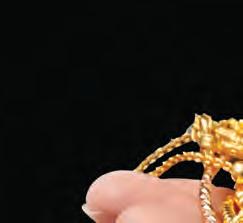
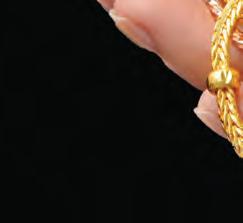
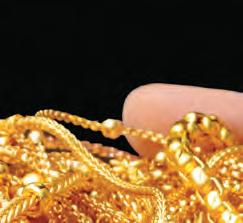





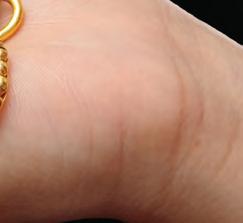























































1. What type of seed is the mahn compared to?
2. What hovered over the mishkan at night?
4. Which shevet was at the rear during the Yidden’s travels?
8. What type of meat did the Yidden get in the midbar after they complained that they were hungry?
9. What country did Yisro come from?
10. Who lit the menorah in the mishkan?
13. How many branches did the menorah have?
16. Whose job did the levi’im replace?
18. Who was the leader of shevet Yehudah?
19. When the levi’im were annointed, what animal did they bring as a korban?
22. What was the instrument blown outside of the Ohel Moed made of?
23. Where did the Yidden travel from Midbar Sinai?
3. Who was known also as Chovev?
5. From what age could the levi’im serve in the beis hamikdash?
6. What was the levi’im’s retirement age?
7. What hovered over the mishkan by day?
11. Who got tzara’as for speaking lashon harah about Moshe Rabbenu?
12. What was the menorah made of?
14. What part of the mishkan were the leviim anointed in?
15. What did the levi’im shave with?
17. When did those who were tamei on Pesach bring a korban Pesach?
20. Which shevet travelled first in the midbar?
21. What instrument was used to summon the Yidden to the Ohel Moed?



Just like the Menorah’s light was spread into the whole world, we too can spread our light everywhere around us.
When you walk into a house, what do you see? Ceiling, walls doors, windows, all these make up the interior of a house. The windows are probably built in a way that the light from outside shines inside the house. In the times of the Beis Hamikdash it was common to build windows this way, so as to bring as much light in, as possible. However, the windows of the Beis Hamikdash were built in the opposite way. Why?
How can you spread your light using your talents?
The Beis Hamikdash was filled with lanterns and lights, it didn’t need more light. So why was the Menorah lit? Obviously not to spread light into the Beis Hamikdash itself but rather to spread light out to the whole world. We can see this based on how the windows were built. The windows of the Beis Hamikdash were built in a way to shine the light of the Menorah outside to the world, not to bring the outside light in. We can learn a very special lesson from this. Each of us has a special light inside. This light is unique and can manifest itself in our talents and strengths. It’s our special job to be like the Menorah and shine our light to everyone around us. When each of us shines our light, the world will become a beautiful and brighter place.


To make the background, paint in a criss-cross style. Start with painting your main color on canvas, the purple.

Dip your Q-tip into the orange paint, place on the bottom of one of the dots and flick upwards, creating the look of a flame. Repeat for each flame.
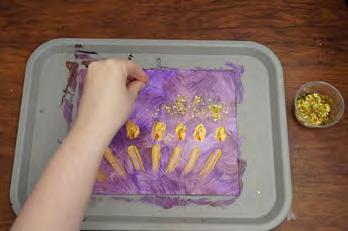
Sprinkle glitter on the top half of your canvas to be the light emanating from the flames.

Add and blend the complimenting colors (gray, brown & yellow) using the criss-cross technique, until you have a finished background.

Take a medium paintbrush, and paint one stroke of gold from the middle flame downwards about two inches long.

Enjoy your impressionistic Menorah!
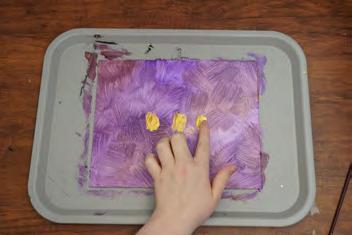
Dip your finger into the gold paint, dot the middle of the canvas, add one dot at a time until there are 7 dots.

Paint a shorter diagonal stroke for each of the other flames towards the center, without touching the other branches.
Paint; Purple, Gray, Brown, Yellow, Orange & Gold.
Medium paintbrush
Large paintbrush
Canvas
Glitter
Q-tip
*We would love to see how your Parsha Studio Project came out! Send us pictures to, info@jcm.museum
Bais Medrash Ohr Gedalya decorated for Shavuos. Oakwood Shul




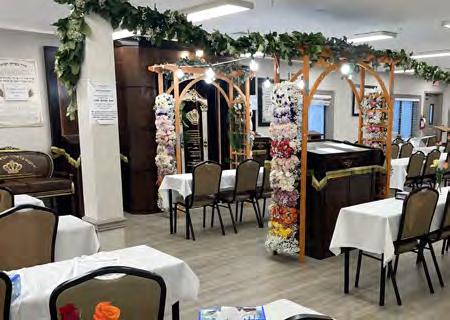




























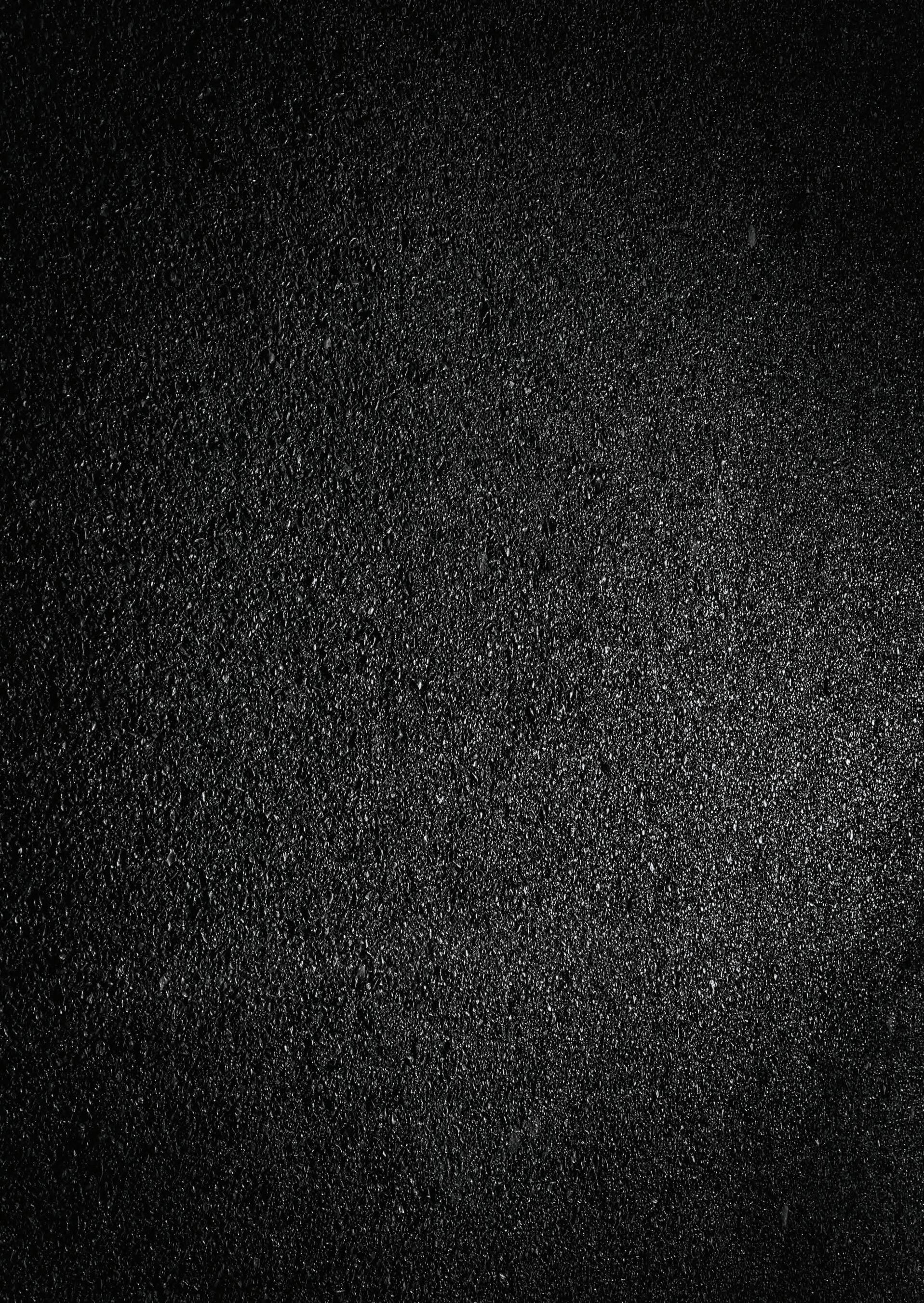
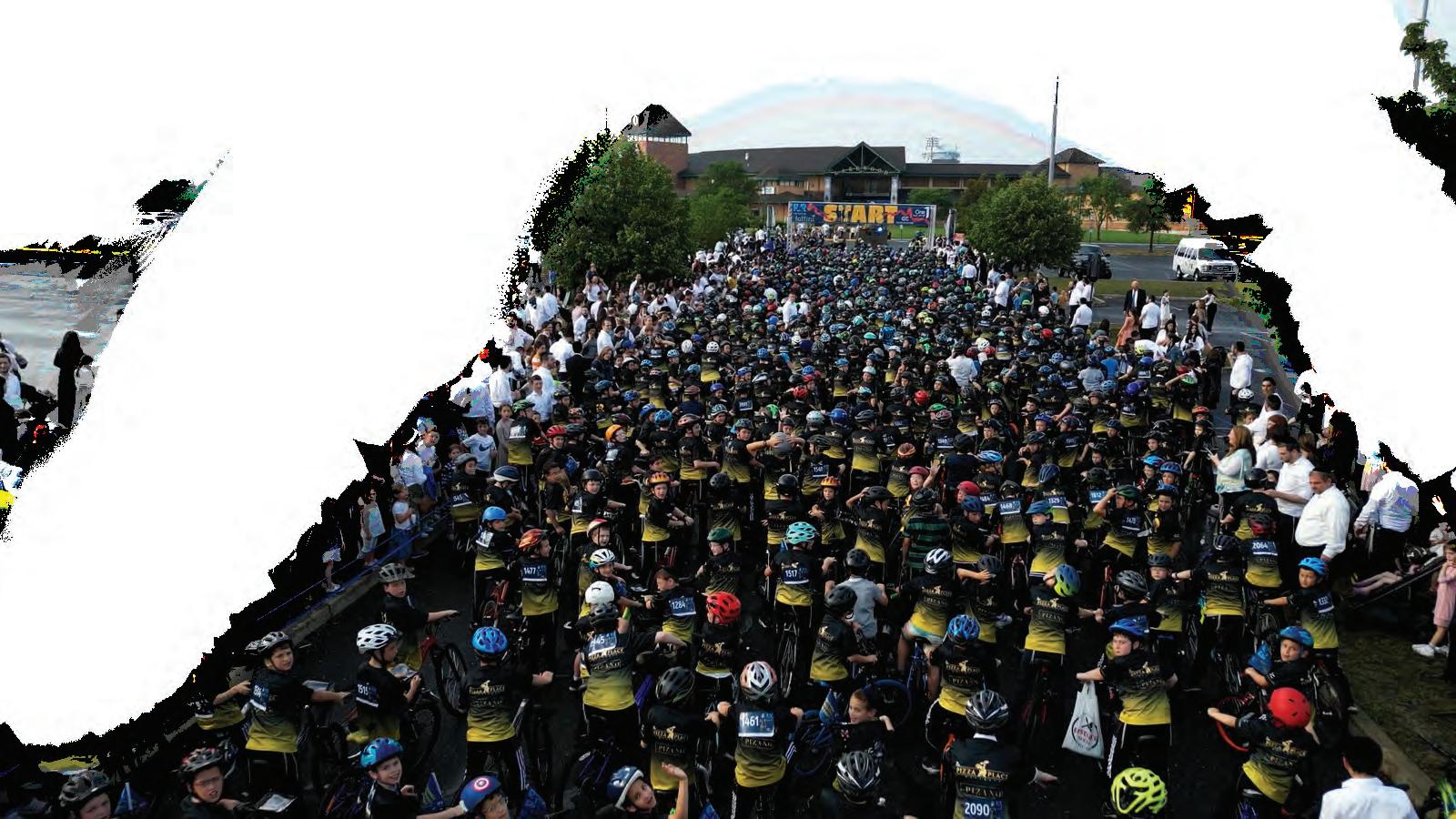






® Lookoutforyour R4RKidsMagazine inthisweek’sVoice!


1.833.R4R.BIKE *Press6forYiddish





At the Dewick-Willner Vort-Lakewood to Monsey
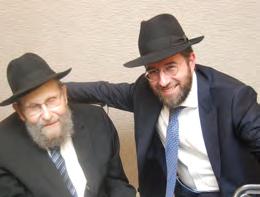
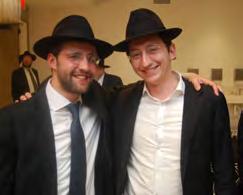


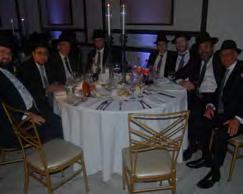

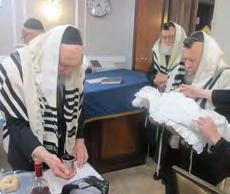

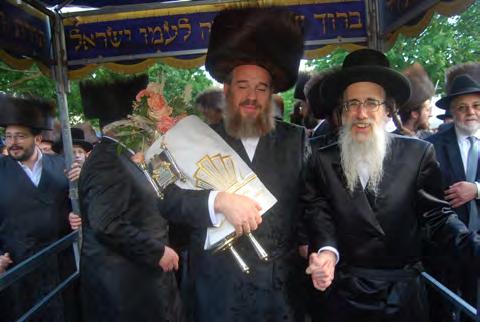
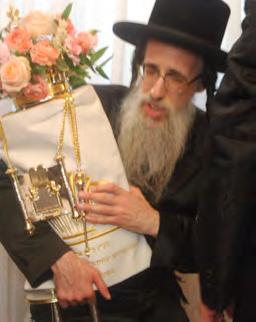






 At the Bar Mitzvah of Dovi Reinman-son of Shalom of Lakewood
At the Bris son of Dovid Kaplan of Lakewood
At the Bar Mitzvah of Dovi Reinman-son of Shalom of Lakewood
At the Bris son of Dovid Kaplan of Lakewood







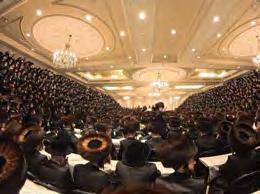

Motzei Shavous By Rabbi Yitzchok Meir Morgenstern



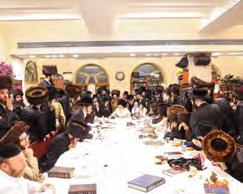
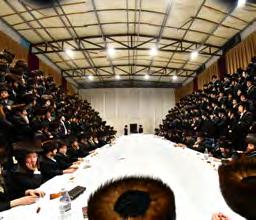


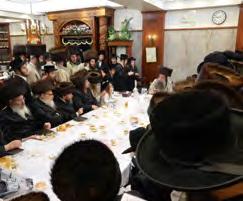






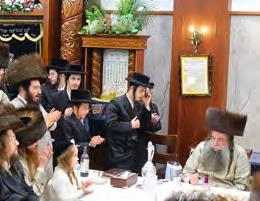
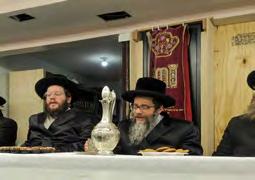




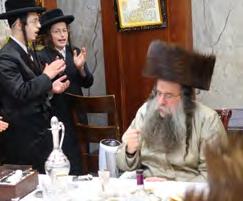
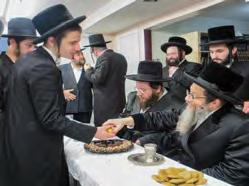









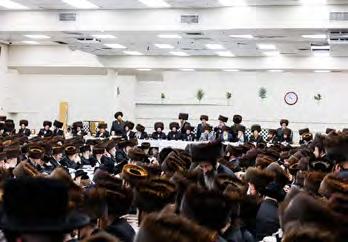
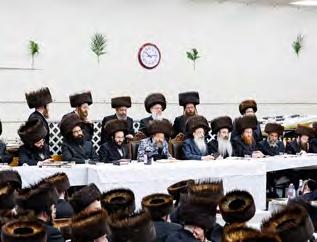
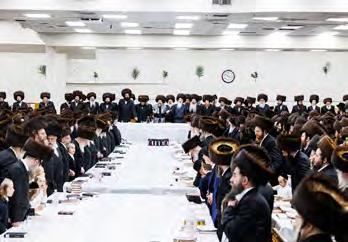


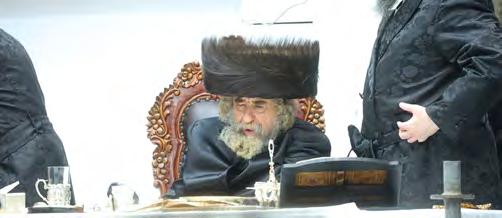
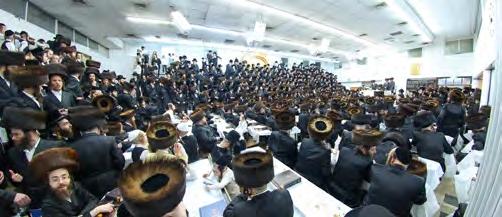


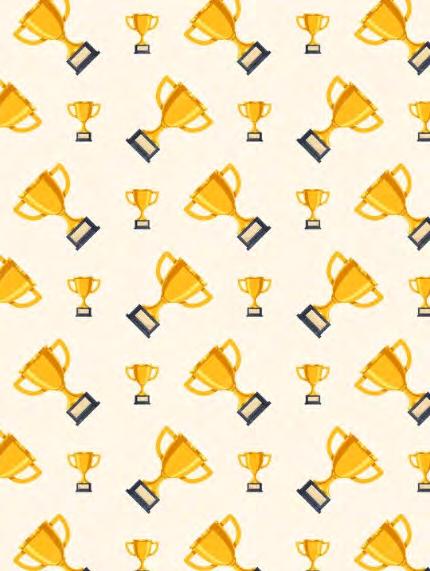 WChashie Stern
WChashie Stern
ith school (finally!) coming to a close, the joy in the air is palpable; birds are cheerily chirping, students are dancing in the hallways, and teachers are gearing up for their summer breaks.
But before those tearful goodbyes, half-hearted hugs, and locker raids, comes the last hoorah: endof-year awards.
These awards are often bestowed to students for things like best behavior, best middos, best brains, and other not-necessarily-accurate societal honors. What it must take for those overworked and underpaid teachers to decide who gets what remains a mystery, especially when the parents’ complaints start rolling in, and everyone claims that they weren’t the ones who chose the lucky winners. Rest assured, there is always someone
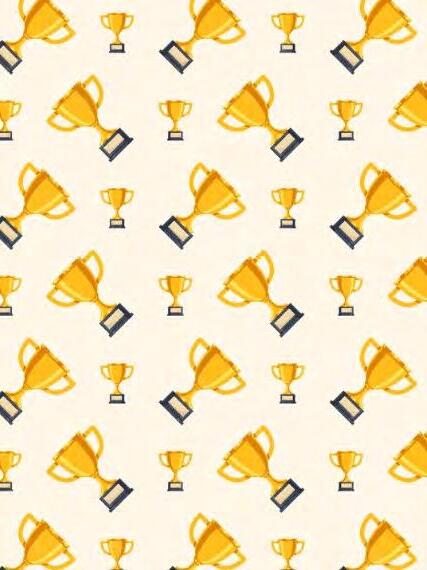

who walks away happy, and that someone is none other than the lucky winner herself.
But there is always another character on the scene, often discreet and unassuming, who deserves equal, if not more, honor than the girl holding the award. Like the girl who plays the background music at the Bais Yaakov production, her role is understated, underrated, and indispensable.
And that, my dear readers, is the teacher who handed it to her.
Enter the End-of-Year Teacher’s Awards ceremony; a chance to thank our unsung heroes for the roles they play in and out of their classrooms.
So, without further ado, here we go!
1. Lessons-in-Lateness Award:
T he vote is unanimous on this one, and it goes to that teacher we all dream of having ; the teacher who comes ten minutes late to every class, and who forgets to look at her watch during recess. This teacher single- handedly relaxes students’ taut nerves and makes them want to hang out with her all day. She deserves every prize in the house! (Other than a watch), of course.
On and on, her outfits go, where they stop, nobody knows... From fall foliage to sprightly spring colors, this teacher captivates her students with her dazzling array of wardrobe pieces, complemented by matching accessories. All eyes remain attentive as BestDressed Teacher weaves through her lesson, uninterrupted by her adoring students


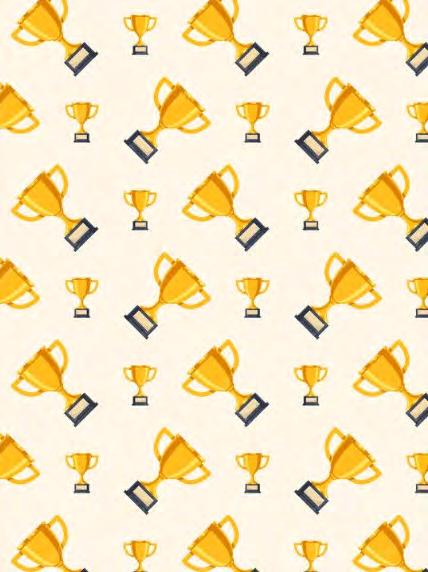
This teacher brings her little ones to school at every opportunity, be that a mysterious day off, or a runny nose. Her students lap up those endless opportunities to fuss over their guests, ease out of their lessons, and to traipse around the school building with this teacher’s toddler on hip, scoring brownie (or math) points to boot.
It happens just before or after the start of her lesson. Whether distracted by her students, or her own train of thought, this teacher will drift off to some faraway land, where recent antisemitic attacks, long-buried childhood memories, and sheva brachos shopping lists, lay free for the taking- er- talking. Make no mistake; everyone present thoroughly enjoys the necessary topic of the day , and wonders, only for a moment, about the blank looseleaf paper they’re putting away at the end of the lesson.
Through gum on her chair and pencil shavings in her hair, this sub stuck it out with a class tried and found guilty. Never has a sub lasted long enough for this class to learn her name, and her- to learn their game. That is, until This Sub graced the school with her presence and perseverance. No soul deserves this reward more than she does, and it will be waiting display in the principal’s office until she is well enough to pick it up after her recovery.

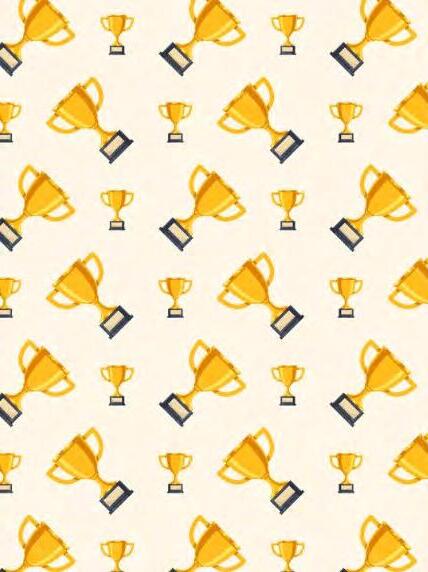
This teacher’s students watch her, jaws only slightly agape, as she confidently prattles on in a language far from theirs. Tears, tricks, and even failing grades will not sway this teacher from her determination to stick to the language in which she has chosen to communicate. This teacher won’t answer her students until they follow the language of her curriculum. Buena Suerte!
She taps her shoes to the beat of her lesson, lulling her students into absolute submissiveness. Click, click, click go her heels along the tiled classroom floor. Blink, blink, blink go her hypnotized students. Never will this teacher don a pair of rubber soles. Nope, not while, her clicky heels wield their secret power!
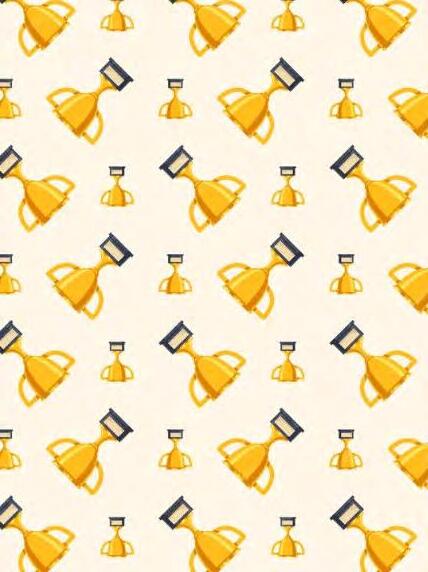
SPEAK WITH POWER, HOARSENESS SHALL CEASE; WITH A GEMSTONE COMBO FROM GEMEDIES.
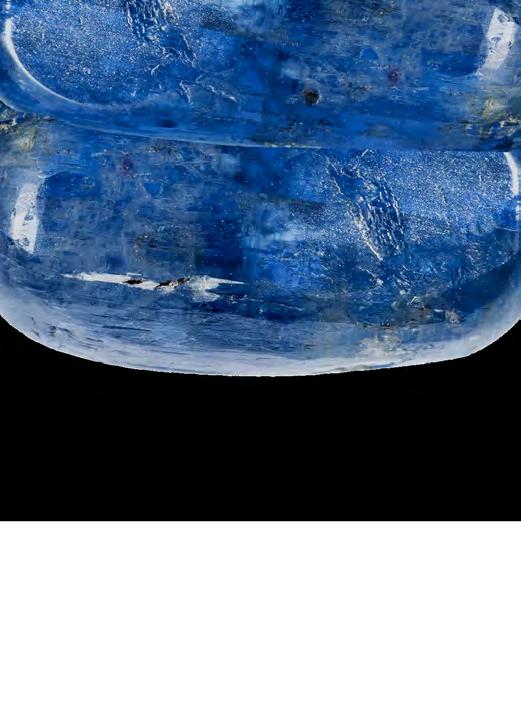
845-238-3725




Let’s be honest. The teachers who let their students eat five-course meals during their classes hold a special place in every student’s heart. These teachers have magically trained themselves not to be bothered, or disrupted, by the crunching of pretzel bags, the clicking-open of a sushi container, or the slurping of a strawberry-mango smoothie. They might call a T.O. when the fruit-roll up around their student’s finger suddenly blocks circulation, or the chop sticks of said sushi accidentally poke a fellow classmate, but those incidents are few and far between. During most classes, the services of a medical intervention team are not usually necessary. Bon Appetit!
Contrary to popular belief, you need not visit the royal palace to view the stone face of a loyal guard. Instead, this experience can be had by simply watching this teacher. Striking fear in the heart of every student from the very first day of school, this teacher stands tall and proud, her mouth retaining its pencil shape for the duration of the year. When she leaves the room, bets are placed as to which student might get her to crack a smile, but no student has won yet. A spectacle to behold, indeed!


While some teachers dole out homework assignments like Chanukah gelt, there does exist a rare and exotic contingency who, with merciful majesty, pardon their students from those countless hours of pent-up purgatory. Maybe they remember their own time in homework history, or maybe they appreciate it when their children return home from school home-work free—leaving the lucky kiddos ample time to bake a kugel, babysit their siblings, and – of course – fight with them. Either way, the empathetic hearts of those beloved teachers earn them the gratitude of their students and, naturally, the rights to this award.
Congratulations, dear teachers, on a job well done!
Disclaimer: If you have not, as-of-yet, become the lucky recipient of any of the above awards, this is in no way a reflection of your performance as teacher. Your award may have been confiscated by the Masterful Magician, so you can always draw up your own and hand it to yourself just the same.
Please note that the content of this article is fictional and should in no way be used against its author, editor, publication, or country of origin.




What color are the stars on the second banana?

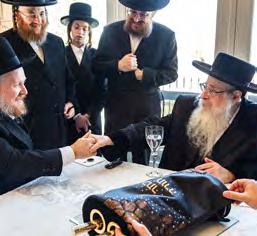

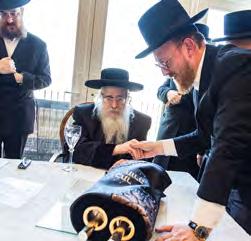
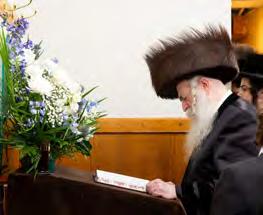




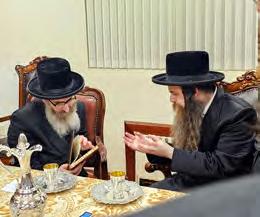
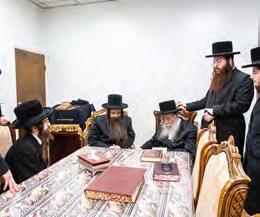
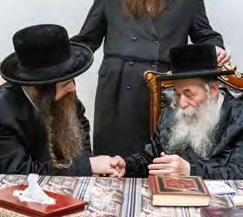
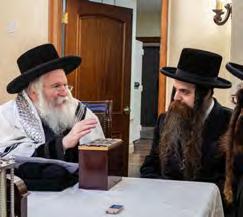
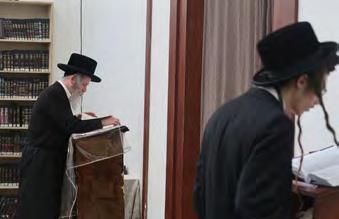
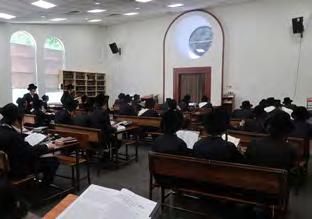
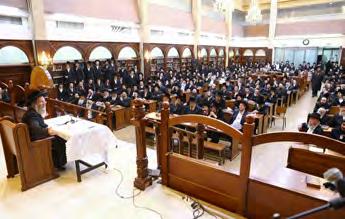
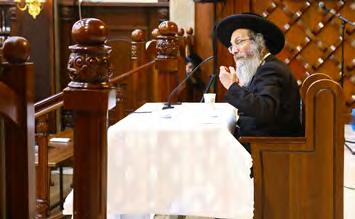









Bushbabies are small animals belonging to the monkey family. They count over 20 species and all are found only on the African continent.
Since there are so many different kinds, and each family is very large for itself, they are the most widely spread and flourishing of the entire monkey family in Africa.
Their tails are very long, longer than their head and body together, and aid them in keeping their balance while they leap between the tree branches.





In the Afrikaans language bushbabies translates as little night monkeys. They are almost only active by night and sleep during the day.
To enable them to do their nightly activities Hashem created them with huge eyes, relative to their small body size. During the day their eyes are open only a slit, but at night they are wide open and allow them to see even in stark blackness!
Their ears are also a very dominant sense, and they can rotate them in many different directions. They are flexible like an antenna, bend to all sides, and perceive the location of tiny flying insects precisely.
Just like their close relatives, the monkeys, they jump about skillfully on trees. In preparation for a jump they fold in their ears, place their hands adjacent to their bodies, and only then give a powerful jump (picture left). For the duration of the jump all limbs are tight together, only in the last second, just before landing on the branch intended, they re-extend all limbs.







Bushbabies feed primarily on insects, which they catch on the ground or even airborne, while the insects are flying, and all this in total darkness! They also eat fruit, flowers and sometimes even sap from trees.
They communicate with each other through sounds they emit and by a strong odor they leave after themselves. At dawn, when they go to sleep, they make a identified sound that signals all members to come sleep in the family nest.
Many people keep them as house pets, play with them (see pictures bottom left) and enjoy the small cute creatures. In the past they spread certain diseases and epidemics, but today they are vaccinated against it.
In zoos they are also an attraction, where people come and marvel at these small creatures that Hashem created, and how they eat the large amounts of fruit they are given (both pictures on top).
In the African jungles, where they live, their usual lifespan is 10 years. However, in zoos, or in private homes where humans care for them, they can live up to 12 years, and even up to 16½ years.

DIABETIC




1. A bushbaby being fed a ripe banana by her owner in whose house she lives.
2. A young bushbaby peeking out of a hole in his treehouse.
3. A bushbaby climbing a tree of his favorite food: a banana tree.
4. A person holding 2 tiny bushbabies.
5. A bushbaby in the middle of the night near a treasure he discovered: fruit.
6. A fascinating picture: A monkey carrying a bushbaby he found.


Habitat: Africa
Weight: between 1-12 lbs.
Length: between 7-8 inches
Tail: between 8-10 inches
Offspring: 1, 2 or 3 at a time
Food: insects, fruit and flowers
Predators: unknown
Lifespan: 10 year in the wilderness, in zoo: up to 16
Population: in the high millions
















4 Dinners for Ichud Mosdos Bobov-45
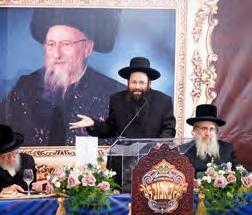



Levayah
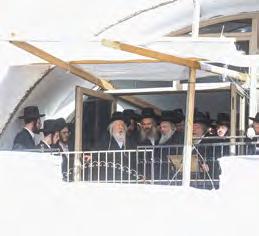

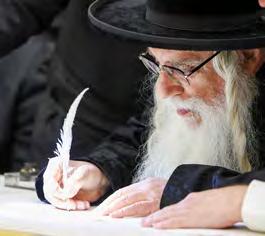







Kevias Mezuzah in Sanz Shul in Kiryas Sanz, Tiverya
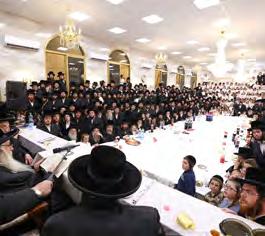














!תודע גאָז :35
ןפראָוועגפּאָראָ ןואָ ריט יד טקאָהעגוצ
יד ,האָ" :ןפורעגנאָ ךיז ןואָ אָנעריאָ
רימ טאָה רתסאָ .אָד זיאָ רעלדנעס יורפ
טנייה וטסעוו םתסה ןמ זאָ טגאָזעג
ןאָ ןבעגעגרעביאָ ריאָ טאָה רע ".ןעמוק


Brand new sophisticated studio available to rent for all your recording needs. We are equipped with high quality microphones and recording devices, programs and softwares. Also suitable for podcast recording.









We are looking to hire audio technician and/or manager well compensated










Seriously, you know there’s no such thing.

BUT IF YOU’RE DETERMINED AND SERIOUS TO GET RID OF THOSE, UH, HANDLES, SLENDR WILL WORK AS HARD AS YOU TO MAKE SURE YOU REACH YOUR GOAL.




Wear a special gem combination that targets the emotional and physical cause of seasonal allergies.

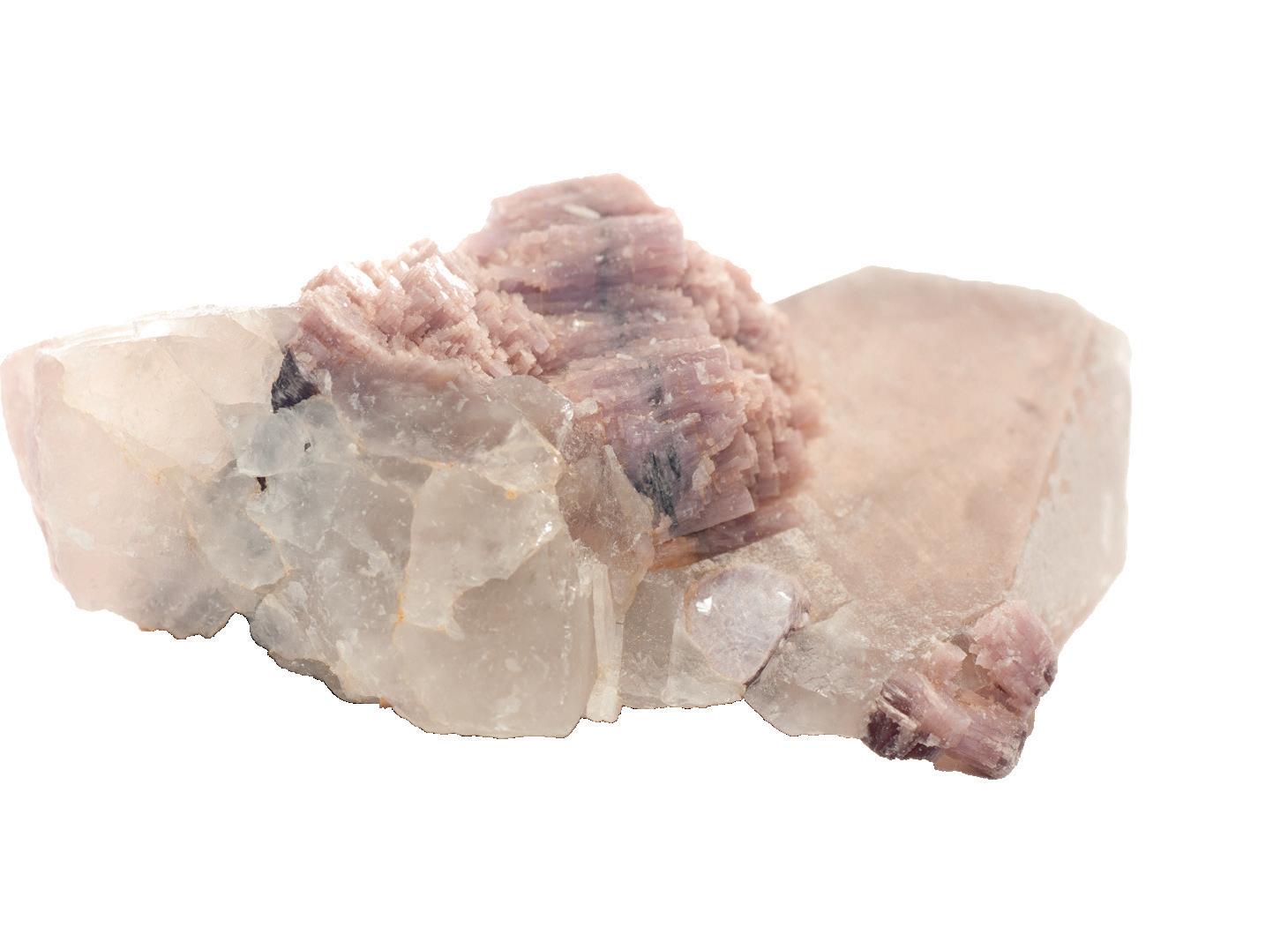
Acute situations are paired with a potent combination of homeopathic drops for external application and/or additional stones.








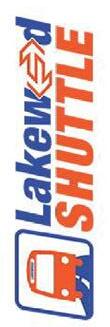




















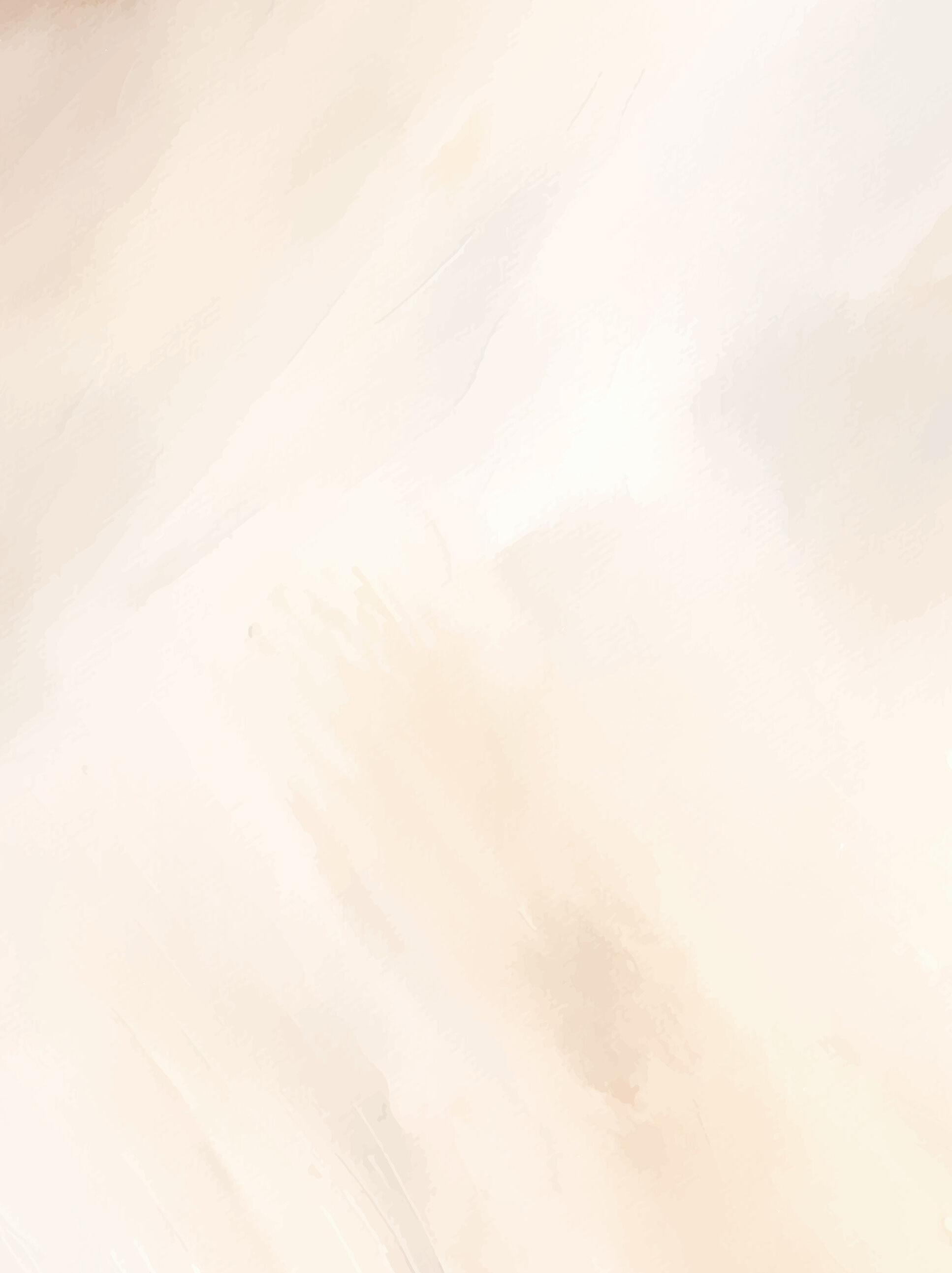






























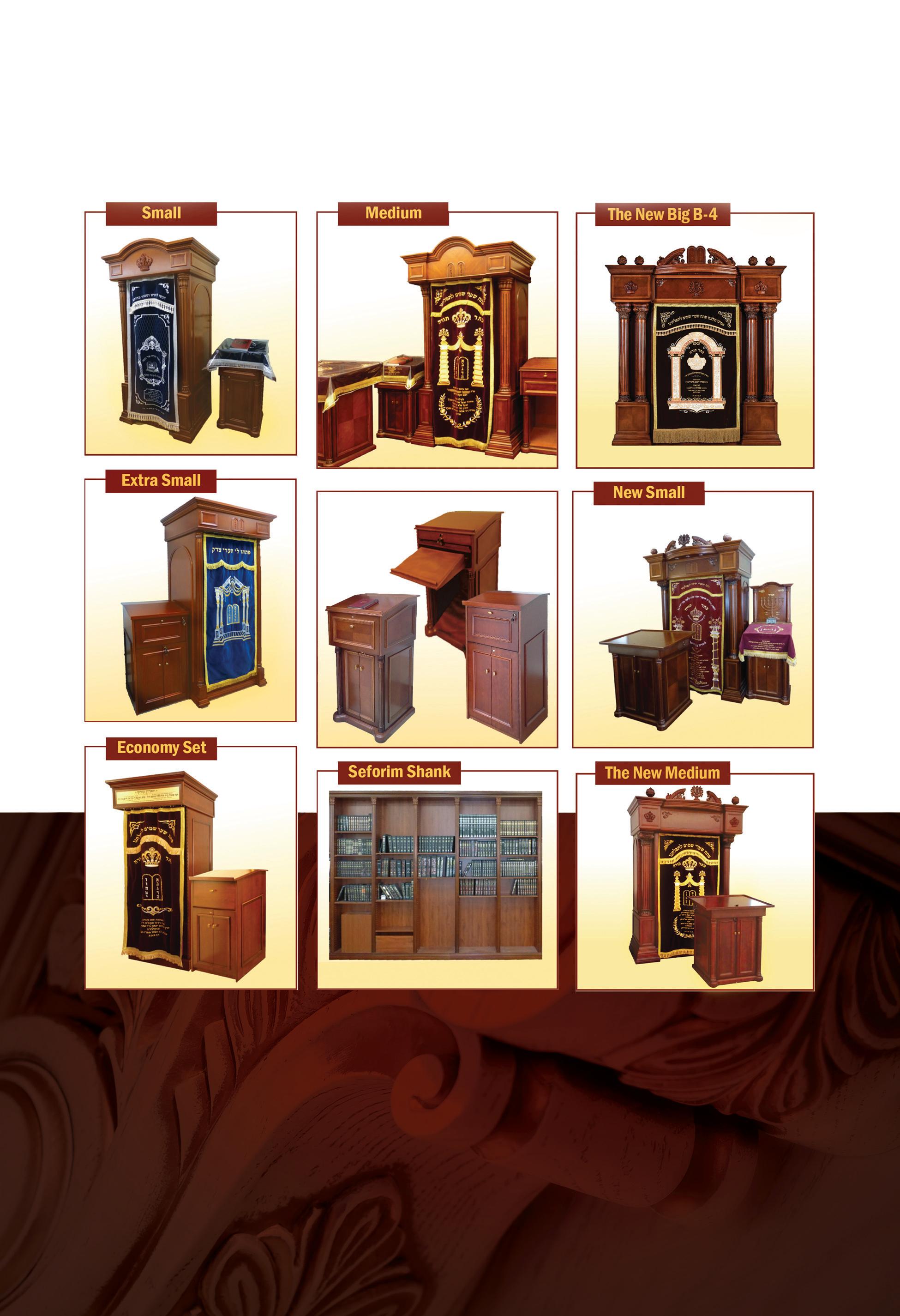



Rebetzin Aidel Miller is a granddaughter of the known Rabbi Yakov Yosef Herman ל״צז, who did much to strengthen Yiddishkeit in America.
The Rebetzin became known over the years for helping people with difficulties through special Segulos and prayers from holy sources, to fortify the faith and Bitachon of those in need of a Yeshua
Rebetzin Miller is also an expert in using the segula of “Blei Gissin” (pouring of lead).
This Segulah is mentioned in the Sefer קדצ
and other Seforim. This Segulah is known in Klal Yisroel for many generations and Mekubalim have given their approval of this Segulah
May Hashem grant her much Siyata Dishmaya to continue her work, and may Hashem the healer of the broker heart, heal all those in need of help.
“A year ago a lady came to the Rebetzin as she did not have children.
The Rebetzin gave her a big brocha, did the blei gissen and told her she will have twins. A year later she gave birth to twins. ”
Removing Ayin Hora through “Blei Gissin” is a known Segulah to aid with issues of health, Shidduchim, child bearing, Parnassa, anxiety and other difficulties.
Rebetzin Miller is blessed with tremendous Siyata Dishmaya and has had the Zechus to be the right Shliach to help and be Mechazek Klal Yisroel for close to 40 years.
“A man called the Rebetzin as his daughter had to go to the emergency hospital. The Rebetzin calmed the father down and did the blei gissen with tefillahs, and said she has nothing and will be going home the same night safe. It happened that the doctors found nothing and sent her home safely. ”
“A girl from Brooklyn NY called and was having a terrible time finding her soul mate. The Rebetzin did the blei gissen and told her to daven certain tehillims. A month later she became engaged and is today happily married. ”







יד ...ךייאָ ןופ עכילטע ןעמענ ךיאָ "...רשפאָ ...זיירק-טנגוי
ןלעוו ייז" ,ןרערט עריאָ גידנקיטשרעד ראָפ ךיז ןגראָז






Nourish yourself with this refreshing & delicious salad dressing.
ingredients
1 cup Cashews (raw)
1/2 cup Water
1 tbsp Nutritional Yeast
3/4 tsp Sea Salt
1 tbsp Apple Cider Vinegar
3 tbsps Tahini
1 tsp Garlic Powder
1 tsp Onion Powder
1/4 cup Parsley (finely chopped)
1/4 cup Chives (finely chopped)

In a high-powered blender, combine everything except the parsley and chives. Blend until smooth and creamy and transfer into a jar. 1. Stir in the parsley and chives until well distributed. Cover and store in the fridge until ready to use. Enjoy!
Liatt Ehrman is a Certified Nutrition Coach, Certified Prenatal/Postpartum Nutrition Professional, and Certified Transformational Life Coach. Her passion is to support and empower women with the physical, emotional, and spiritual tools to thrive during pregnancy, postpartum, and the years after. Bringing





1 cup Basmati Rice (dry, rinsed)
2 Sweet Potato (medium, peeled, chopped)
2 Red Bell Pepper (medium, sliced)
2 tbsps Extra Virgin Olive Oil
Sea Salt & Black Pepper (to taste)
1/4 cup Cilantro (chopped)
1 Lime (juiced, plus more for garnish)
2 cups Corn
2 cups Black Beans (cooked)
1/2 cup Vegan Ranch Dressing

Preheat the oven to 425°F (220°C) and line a baking sheet with parchment paper.
Cook the rice according to the package directions.
While the rice cooks, add the sweet potato and bell peppers to the baking sheet. Drizzle with the oil and season with salt and pepper. Toss to coat. Spread out into an even layer. Bake for 20 to 25 minutes or until the vegetables are fork-tender.
Mix the cilantro and lime juice into the cooked rice.
To assemble, evenly divide the sweet potatoes, bell peppers, rice, corn, and black beans into bowls.
Top each with ranch dressing. Enjoy!
Liatt Ehrman is a Certified Nutrition Coach, Certified Prenatal/Postpartum Nutrition Professional, and Certified Transformational Life Coach. Her passion is to support and empower women with the physical, emotional, and spiritual tools to thrive during pregnancy, postpartum, and the years after. Bringing out the best version of themselves so they can be better wives, mothers, and Ovdei Hashem. She can be reached by email at liatt@trueyounourishment.com or 732-276-0276 Trueyounourishment.com







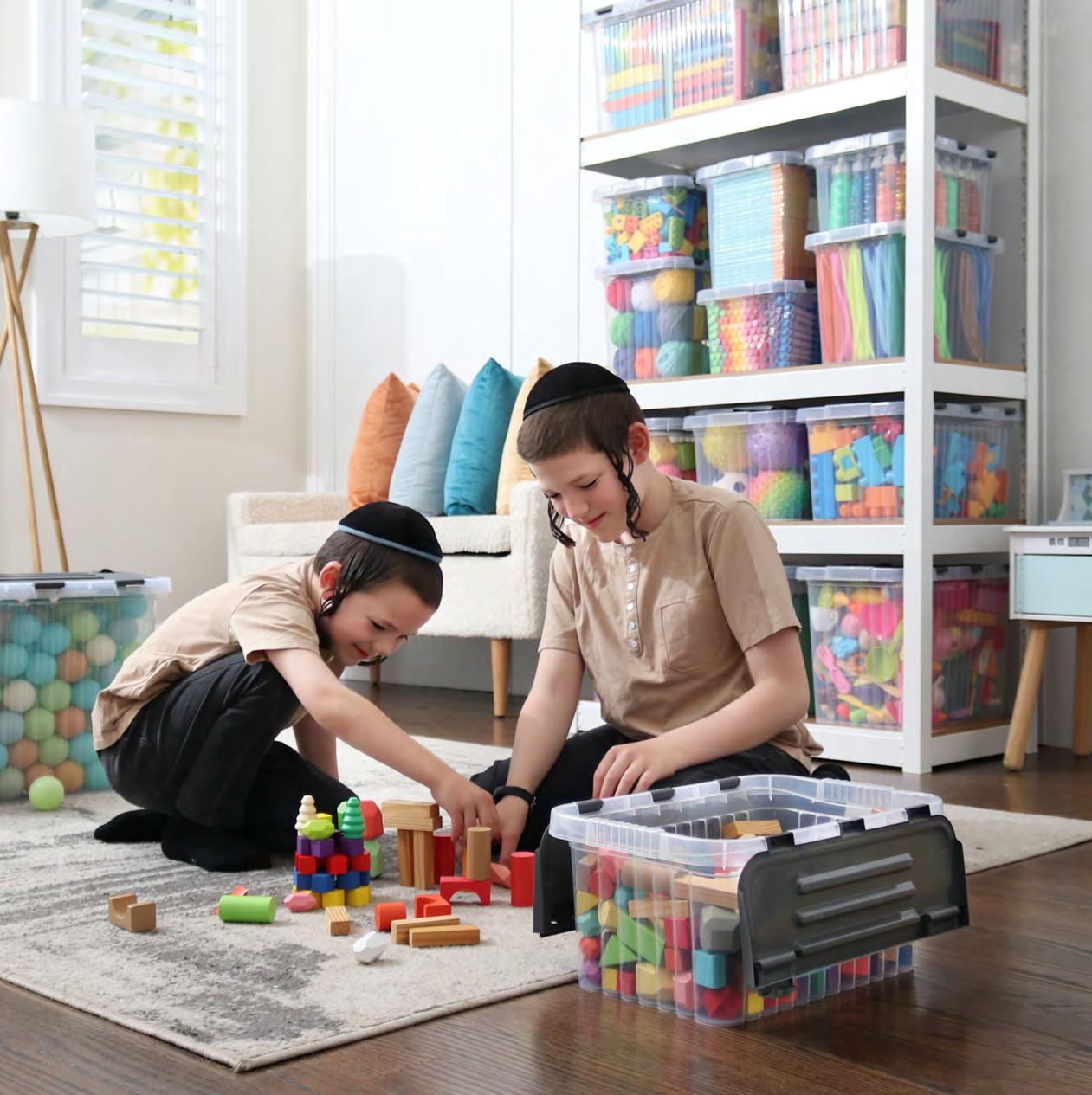


Magnificent, luxurious, walk in vacation villa in the heart of Romema of Yerushalim available for rent.
6 bedroom, 5 bathroom, large playroom, large sauna, 3 patios, all household
Inventities, 2 private parking. Pls WhatsApp 845-274-3601
Summer Rental
4 bedroom/4 bathroom house on Charming Way (Segull Square) available first half by the week or for the month. Park on block, right near all shopping and pools. 848-299-2883
Heimeshe girl’s school looking for a secretary to handle the Lunch Program. Morning Hours. Email resume to rmiller@baisrochel.com Call 732-905-1251 ext. 113
Attention women! Create a successful retail business from the comfort of your home! Help others while earning an income. Full training and support. No risk Lve msg or txt 845-5792069
Executive Assistant/ Travel Agent
Join our luxury travel team! If your passionate about travel and detail-oriented this is for you. Travel industry experience is a plus. Office experience a must. Reach out for
more details. WhatsApp 718.414.7036 / Email sales@jettatravels.com
Looking for a Certified Electrologist to work part time. Well paid. Pls text (718) 637-1259
Affordable Women’s
Clothing Boutique for Simchas, & Shabbos: One-of-a-kind, handpicked selection of dressy clothing for older teens and fashionable women sizes xs-xl. We carry both new and preloved items, and a cool selection of higher-end/designer items. Shabbos dresses aprox. range btwn: $50-$100 Evening & Simcha-wear aprox. range btwn: $100$225
Call for hrs & appointments: 848-243-0019
152 Pressburg Ln, Lakewood cash/check accepted
Beds for Sale:
Selling 2 x 48” beds - very good condition - comfortable mattresses including covers - $785 for everything - Please call 917-635-1169 (No text)
Selling Korg PA-900 (preloaded with Jewish beats) with the following accessories: soft keyboard case, Z-style keyboard stand, Sampson speaker RS115BT, PylePro speaker, 2 4-ft LED lights. Please call 508-292-8589
Pidyon haben silver
dollar coins 30 $ 5 for 145 call text 347-790-7967
Brand new gorgeous blue Exquisite gown size 10 selling for $350 2 kids ivory Reimagined gowns- sizes 5,10 for $60 each
Please call/ text 347-668-1157
Gorgeous selection of fine costume jewelery for your simcha or special occasion. $25 for the first piece and $15 for each additional piece. Located in prospect square 35 lewin ave. Contact 7735039132
Classy ivory gown for sale for sister of the bride. sheer high neck and stunning appliqué Worn once size 4/6 Semi custom by silhouette Call or text: 732-675-8551
Selling seat fabric replacement for Bugaboo Bee 6 color GREY, 917609-3507
Selling black Cybex stroller in great condition. please contact 917609-3507
You can now get all your cricut supplies locally. Tools, mats, transfer tape and many shades and styles of cricut paper. Buy by the page! Also cricutable gift items at great prices. Call/ text 347-729-5448
Weight loss products: Amazing weight loss product will help you look good and feel good! The results speak for itself, safe and healthy. Call Esty Meyer 732-806-0895.
Grey velvet look (microfiber) washable couch. less than a year old. Great condition. selling for $1200 paid $2k. pls txt 347-790-7185
Affordable Women’s Clothing Boutique for Simchas, & Shabbos: One-of-a-kind, handpicked selection of dressy clothing for older teens and fashionable women sizes xs-xl. We carry both new and preloved items, and a cool selection of higher-end/designer items. Shabbos dresses aprox. range btwn: $50-$100 Evening & Simcha-wear aprox. range btwn: $100$225
Call for hrs & appointments: 848-243-0019
152 Pressburg Ln, Lakewood cash/check accepted
Consign and sell with us your high-end/designer/ simcha-wear attire: Local simcha-wear boutique is now accepting new/gently worn highend dressy womens attire for vorts, sheva brachos, bar mitzvahs and simchas (excluding gowns) we also accept dressy maternity attire please note items must be fully cleaned and in premium condition to consign call us to consign: 848243-0019
Speaker for sale!
A used doss Boombox speaker in great condition- with a strap! Only $90-originally $130! Text only 732 814 6546
Selling $500 tabernacle steakhouse gift card for $450 txt 845-502-4283
Used computers for sale. Touch/non touch screens, $75 to $150 please call or text 732232-8372
NAVY GOWN
Size 12, BRAND NEW- NEVER WORN, Exquisite Text or WhatsApp only 917 204 4385 please do not call.
Beautiful White Girls Gowns
Size 6-7-8 917 204 4385 Text or WhatsApp only
Please do not call
2017 Lincoln mkz hybrid 112,000 miles fully loaded leather $10,600 text 646342-5457
Services
Experienced and professional seamstress available for all your alteration needs. Call/text 848-525-6619
Music Lessons
Professional Music
Lessons by Mr Wertzberger now for just $10 per week, limited time special. Tel: 718-435-1923
ez ride transport: Airports, nyc, upstate. Luxury suv.
Reasonable prices. Call/text 848-251-4736
Wash N sets by Esty Wash n set $35, reset
$25
Overnight service: wash n set $45, reset $35 Evening appointments , C/T 848-223-1904
Found
Diamond Kallah bracelet in NPGS Main St on Wednesday June 5. Please call 848-224-5195
Lost
Large sum of money in bank envelope in Ocean County Park about 2 weeks ago. Avrohom732.330.4964
Found Silver Bracelet with stones on 13th and Princeton on Shavuos. 848224-5802
Book library-adult & children’s book library. Over 1,000 books. Located near Segull Square plaza. Call /text(848) 525-5909.
New tznius hospital gowns in Oak and Vine. Please call: 347-4862994 or 347-633-6329
Vort Dress Gemach If you have a perfect condition Simcha dress that you would like others to benefit from, please call/text (848) 245-2633.
The Pickup Gmach-Pick -
ing up your current last season’s kids clothing in good condition and passing it on to local Lakewood families who appreciate it and wear it right. We keep outfits and matching together as sets. For pickups email pickupgmach@gmail. com
Deja New Clothing Home Pickups. We pickup your excellent clothing so others can enjoy them too! Text ‘pickup’ to 732-7023352.
Zichron Naftali jewish dvd gemach for challenging times. Men/ women/kid dvds -2week, provide dvd player. 917628-1785
Beautiful current style and current season children, teen, infant dresses avail for a Simcha, such as brothers bar mitzvah or cousins wedding... Call\text 7326911666 to inquire Lzchus r’s refael Moshe Chaim ben chana
Huge buckets of lego and duplo for your shabbos simcha. Call 732 3702572 to reserve
New tznius hospital gown gemach in Oak and Vine. At no cost. Please call: 347-4862994 or 347-633-6329
Speaker System for Small Events (with mic) 7320-510-3917 call/text Jackson, Bates Area
Gemach Zichron Feige
Stunning childrens gowns- matching collection from sizes 9 months untill size 18 for appt call 908-461-
0058
If you have up-to-date, beautiful childrens gowns in all sizes you’d like to donate to our gemach please call 908461-0058
Gemach zichron Gittel ladies gown gemach. Beautiful gowns size 0-20 (732) 908-8263
Brand new bumper for a Toyota Camry 20022004, no fog lights please text 908-9438537
Mishnayos for the Kedoshim
Many of those killed on Simchas Torah and during the current war may not have ppl to learn Mishnayos/say Kaddish for them. Please learn a perek/mesechta Leili Nishmas text 201-2412875
The renowned Rebetzin Aidel Miller from Yerushalayim Is now available to remove “Ayin Horah” over the phone. Call till 5:00 PM: 718.689.1902 or 516.300.1490

























